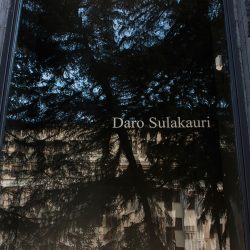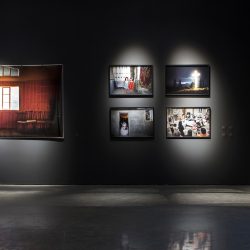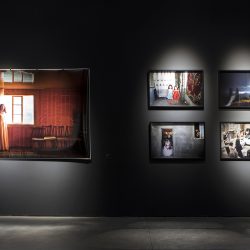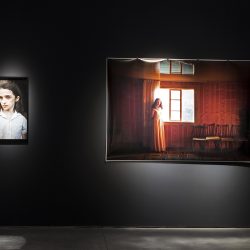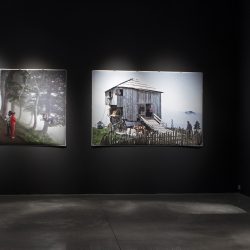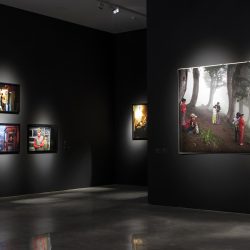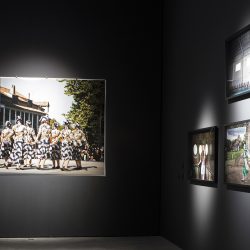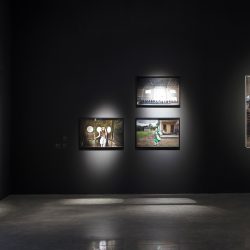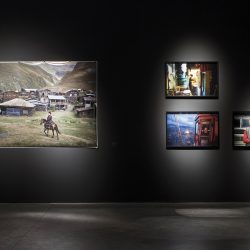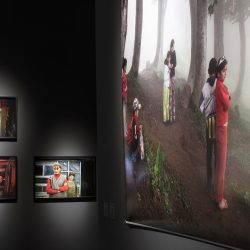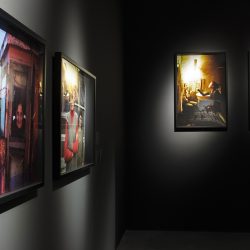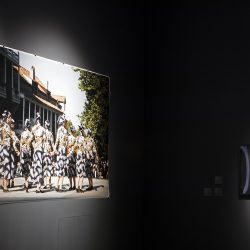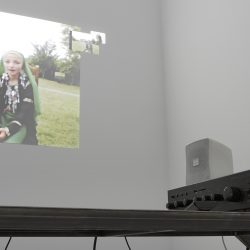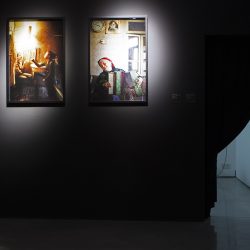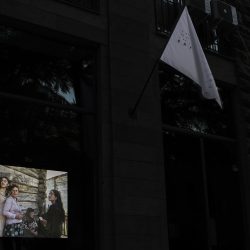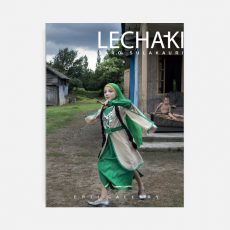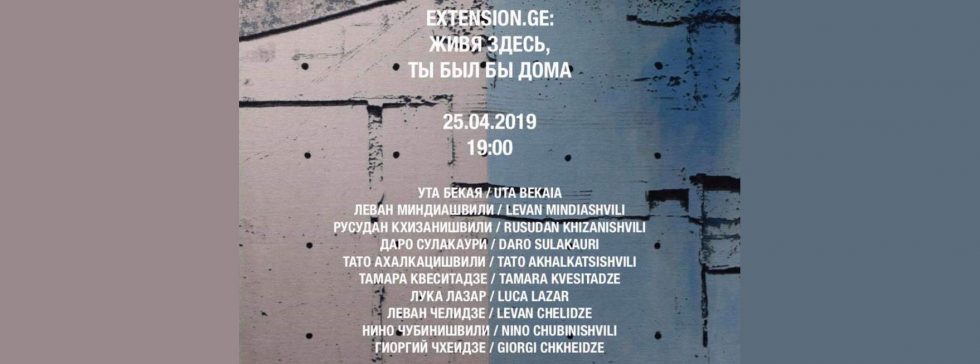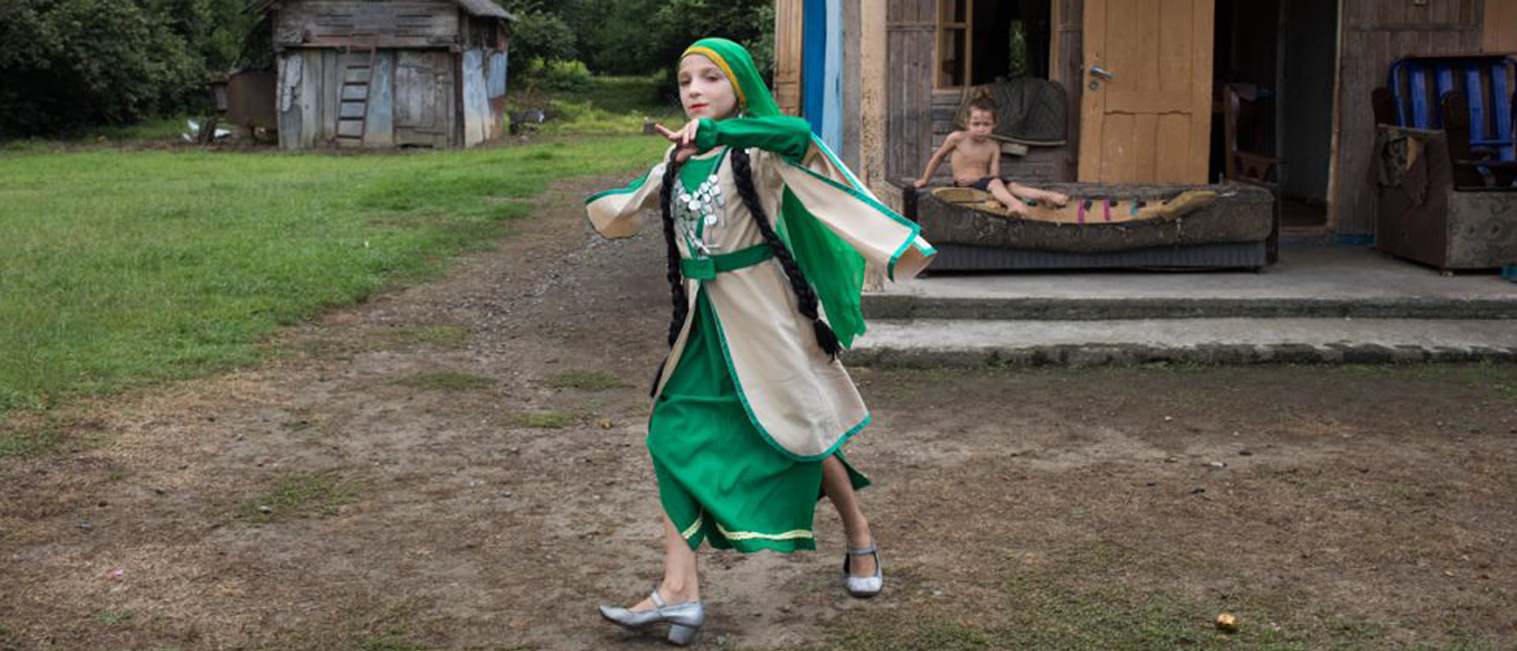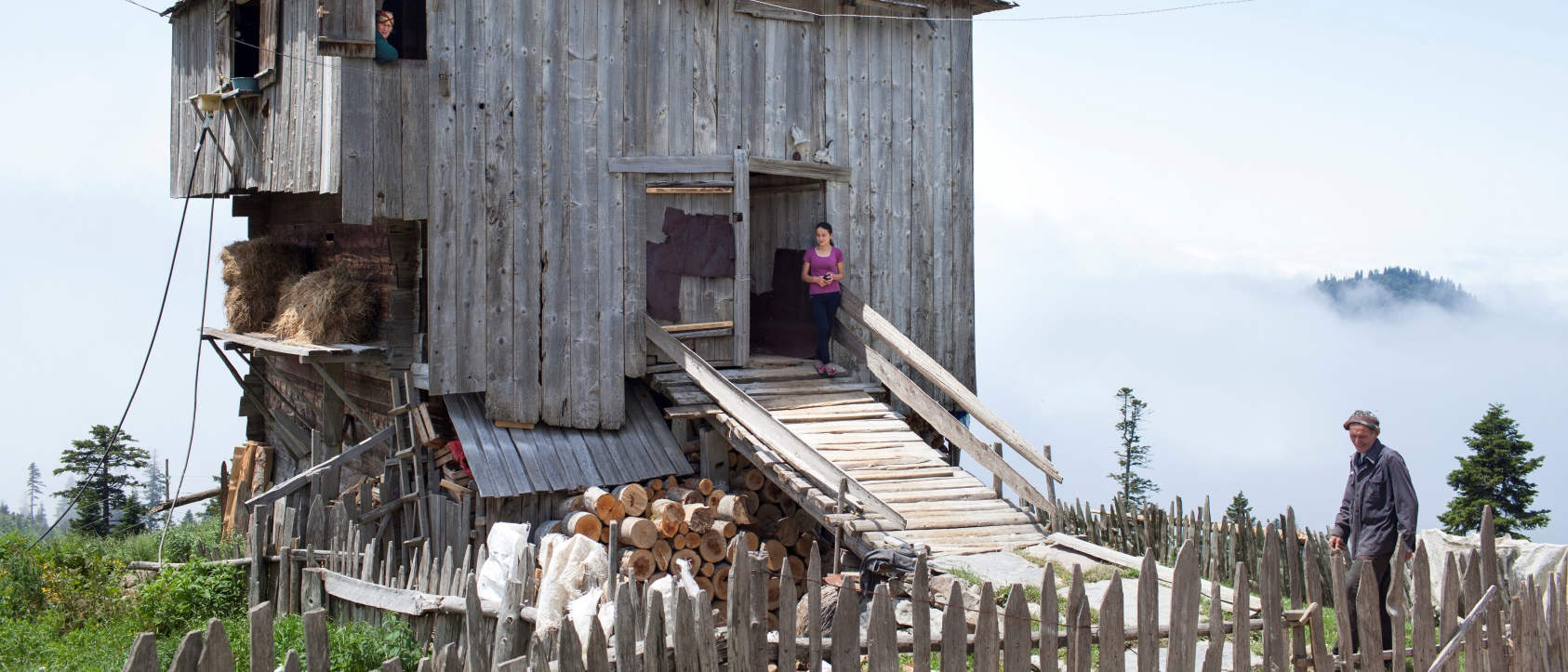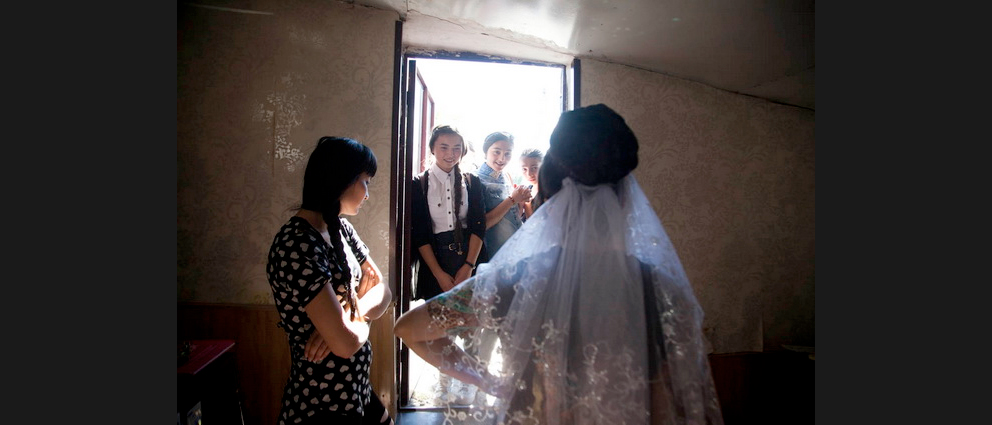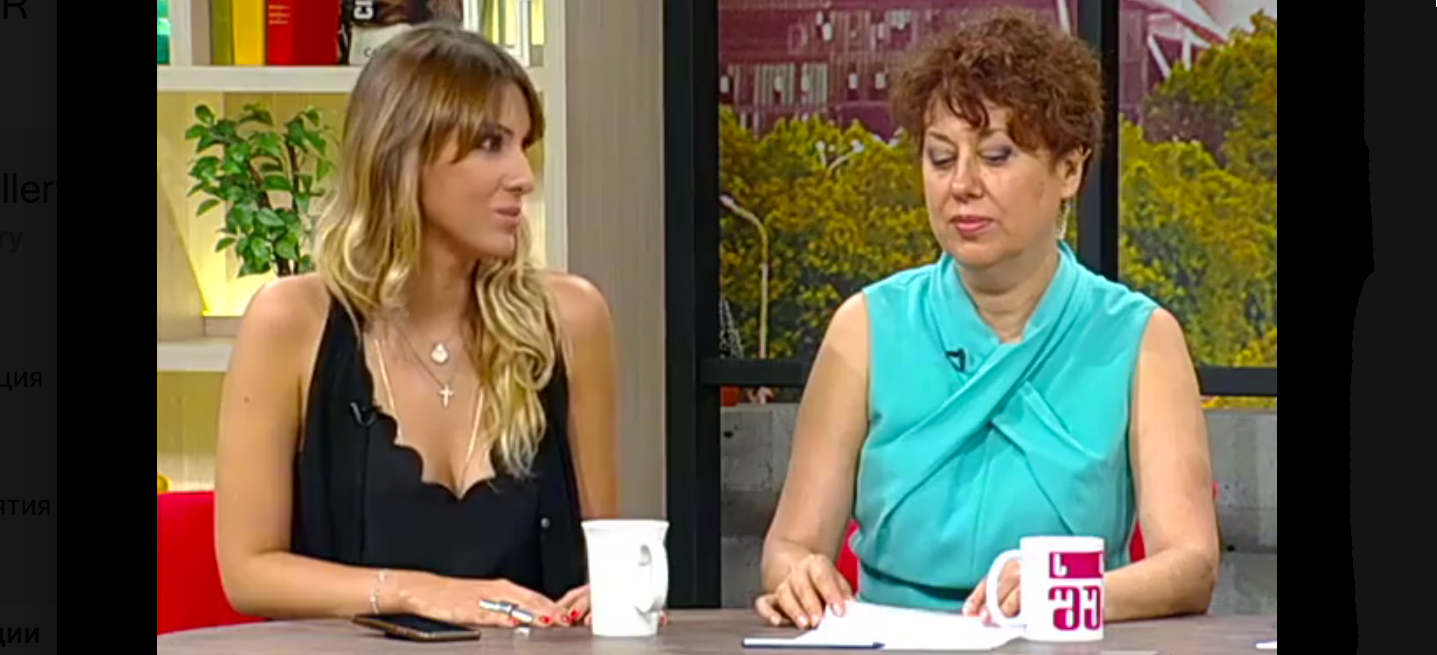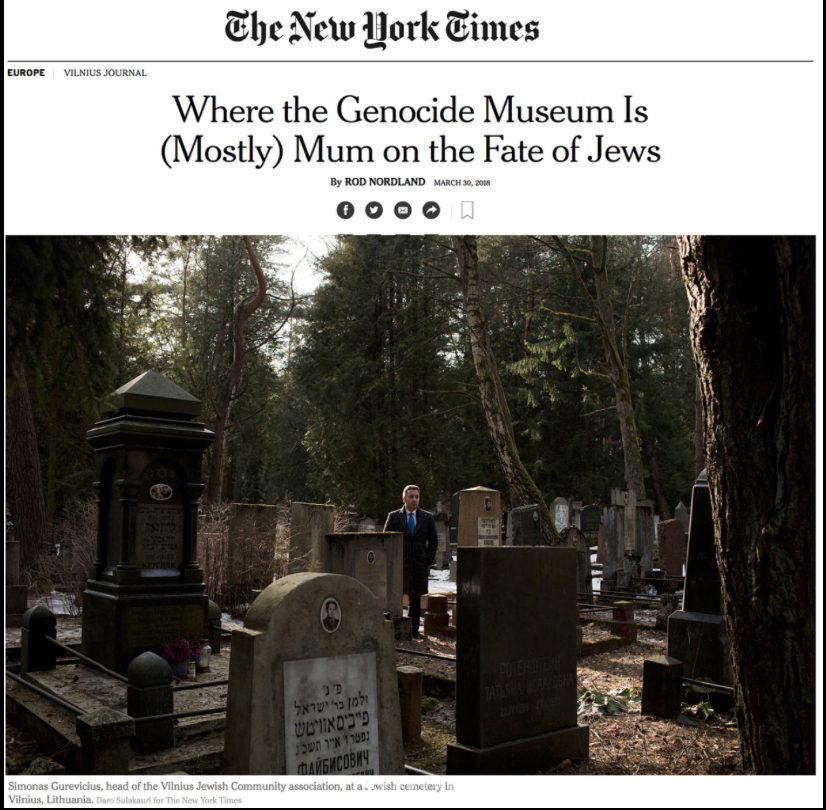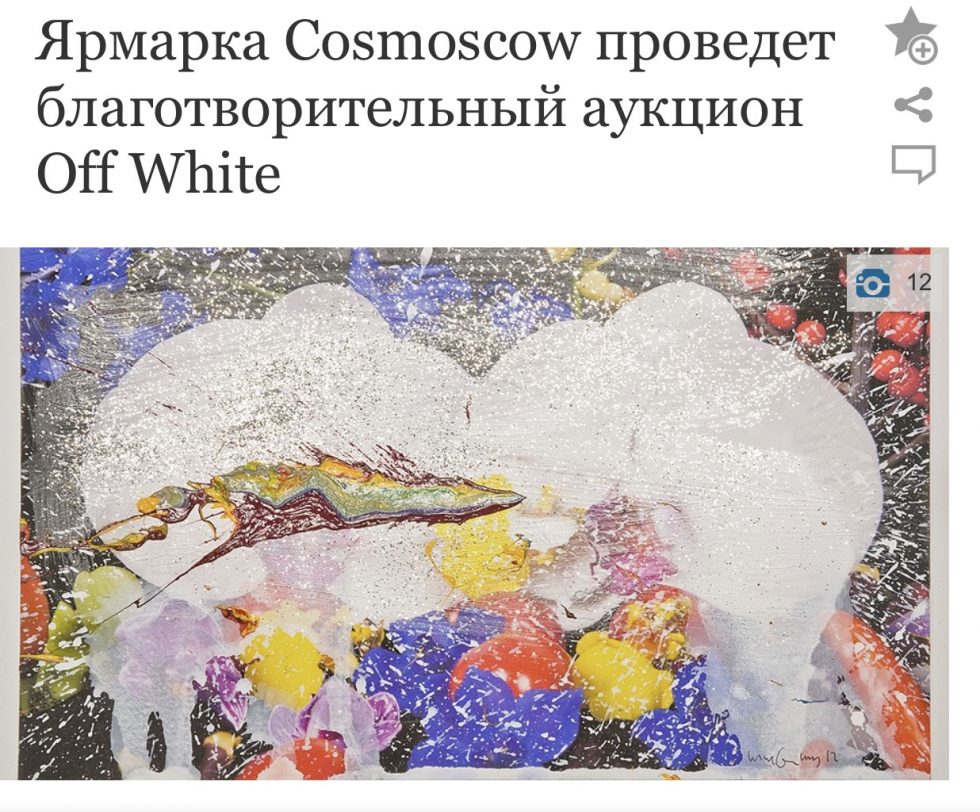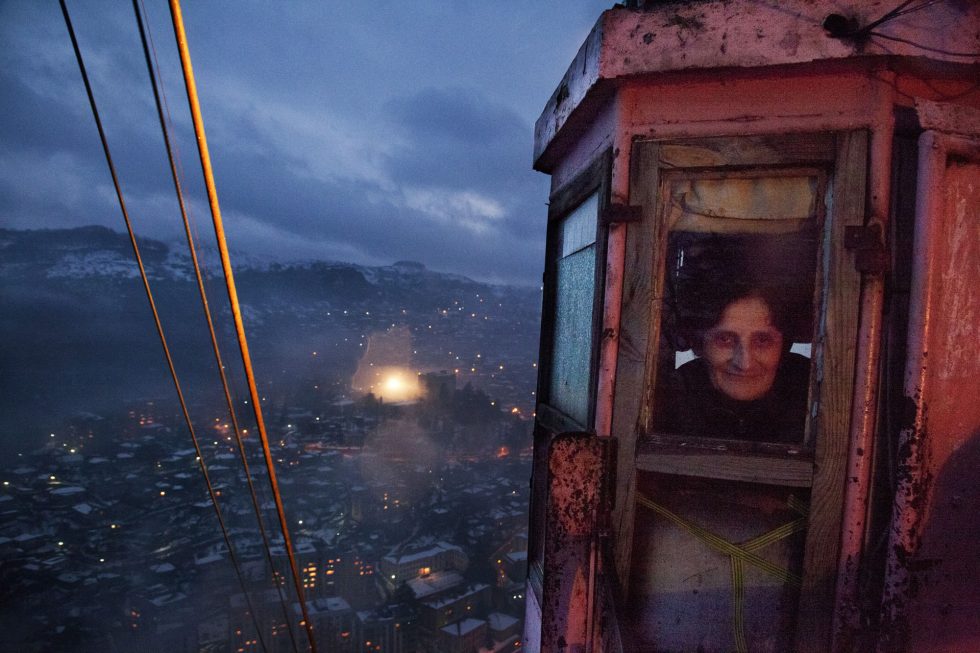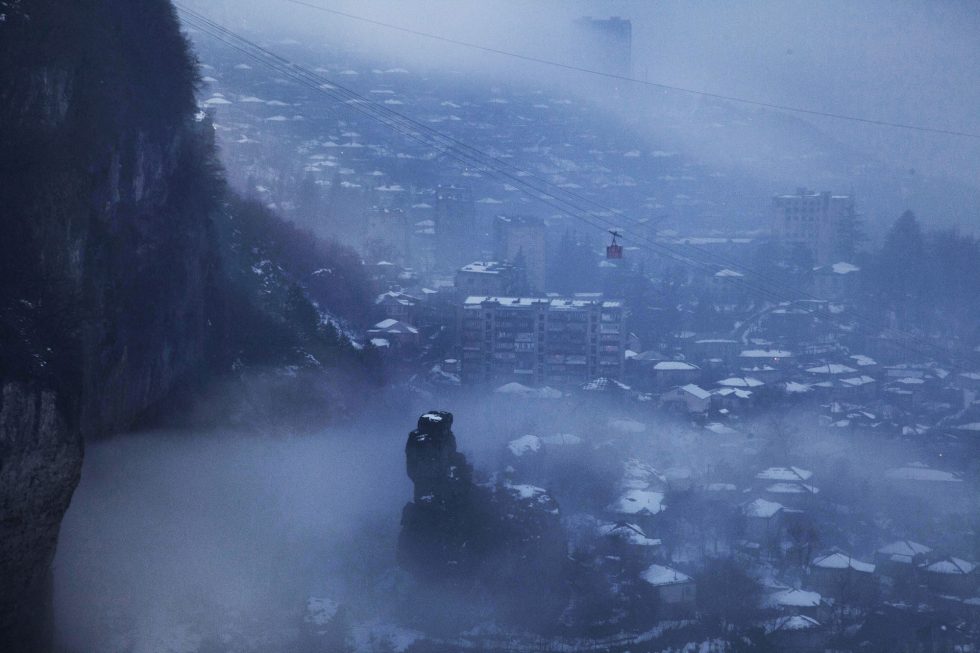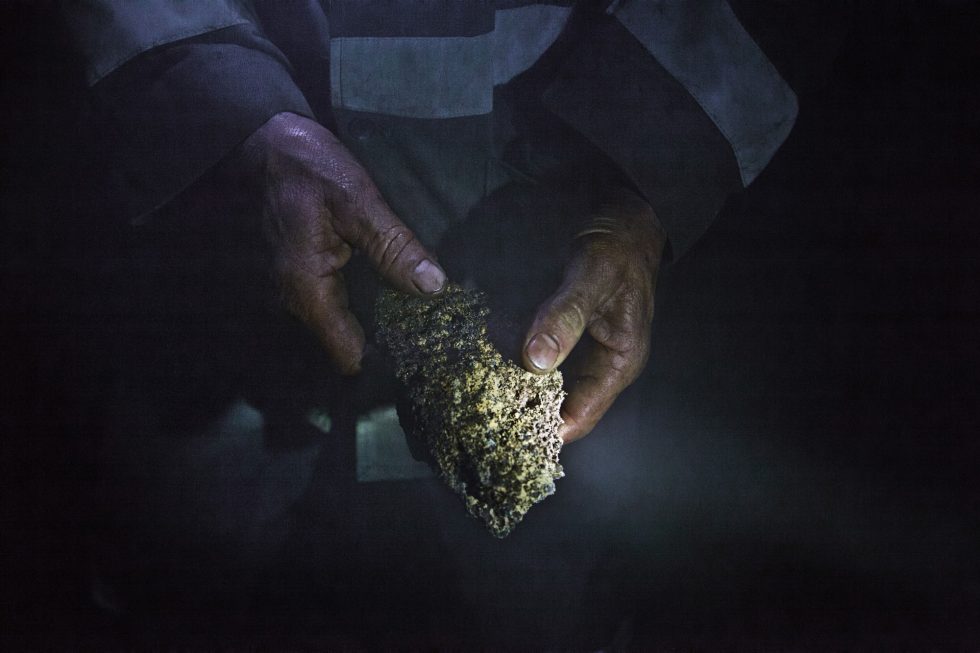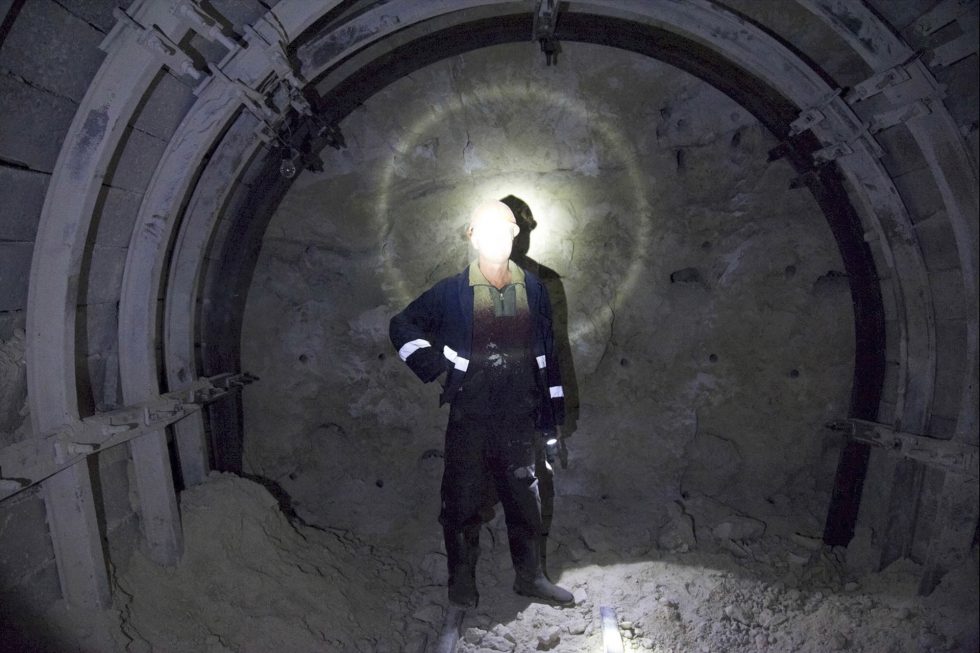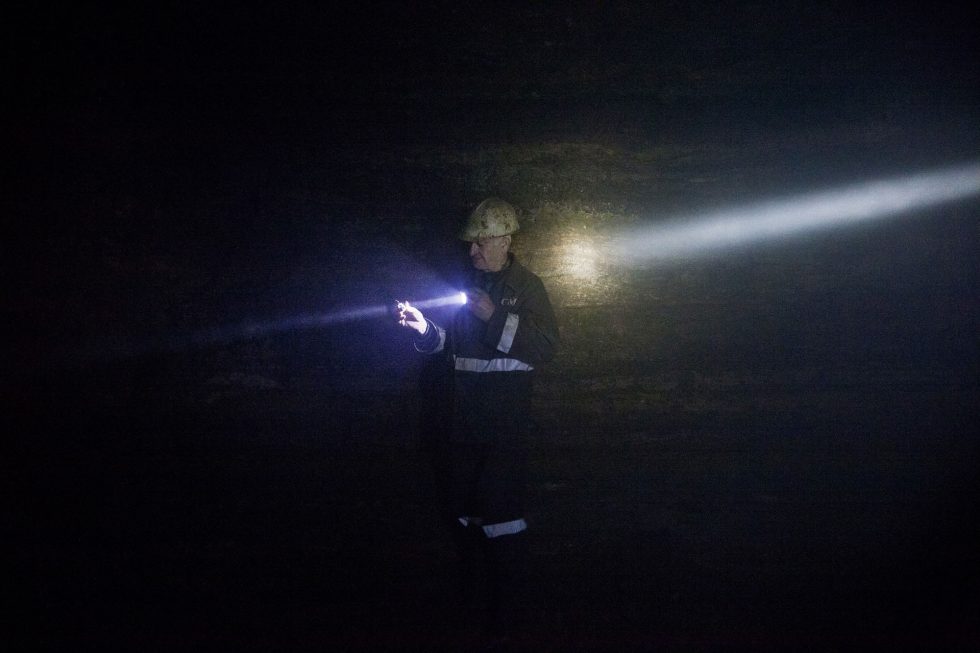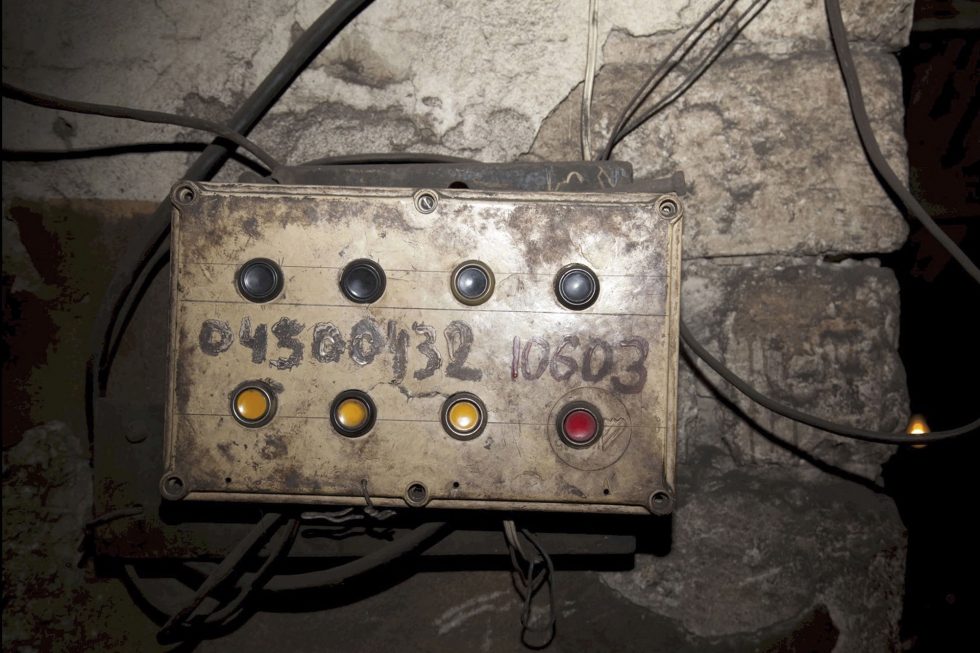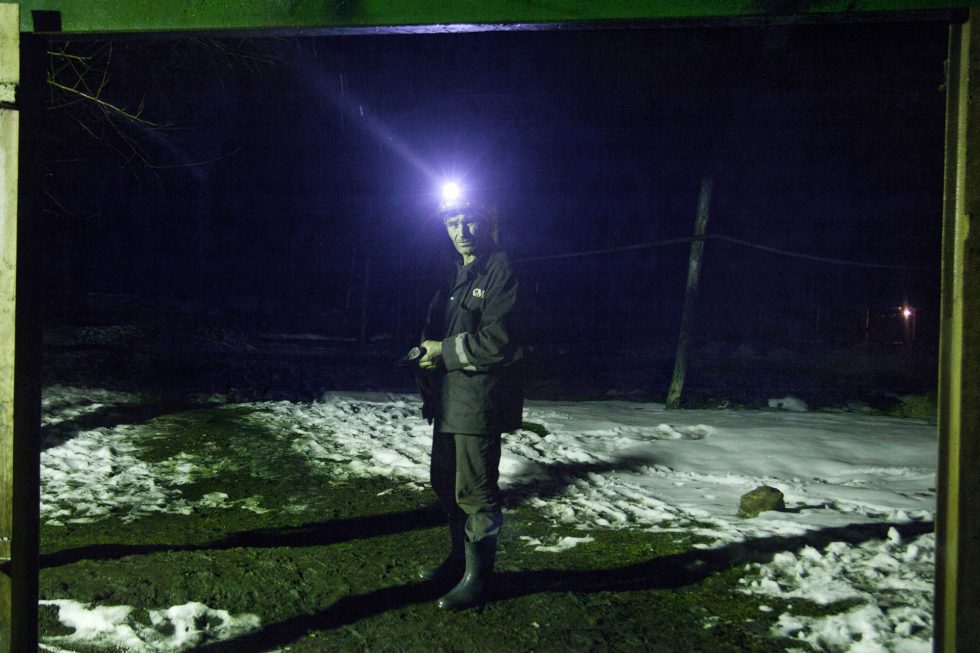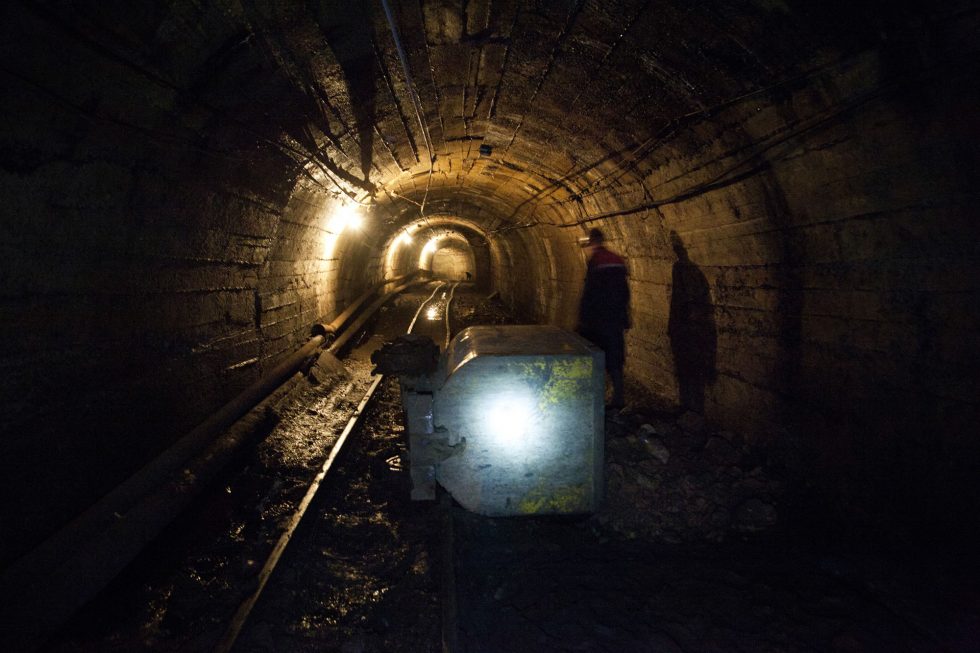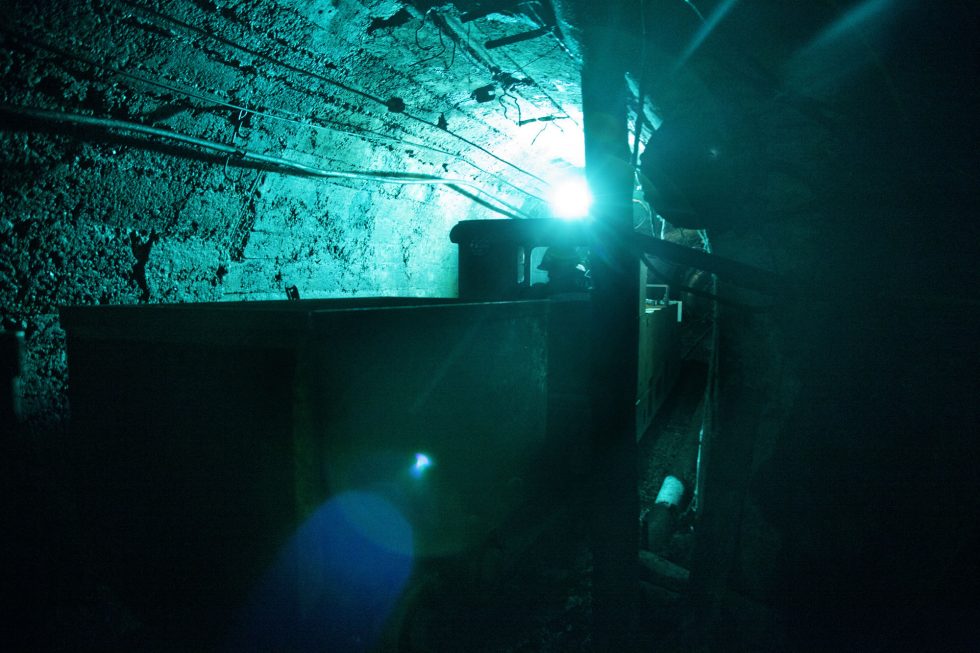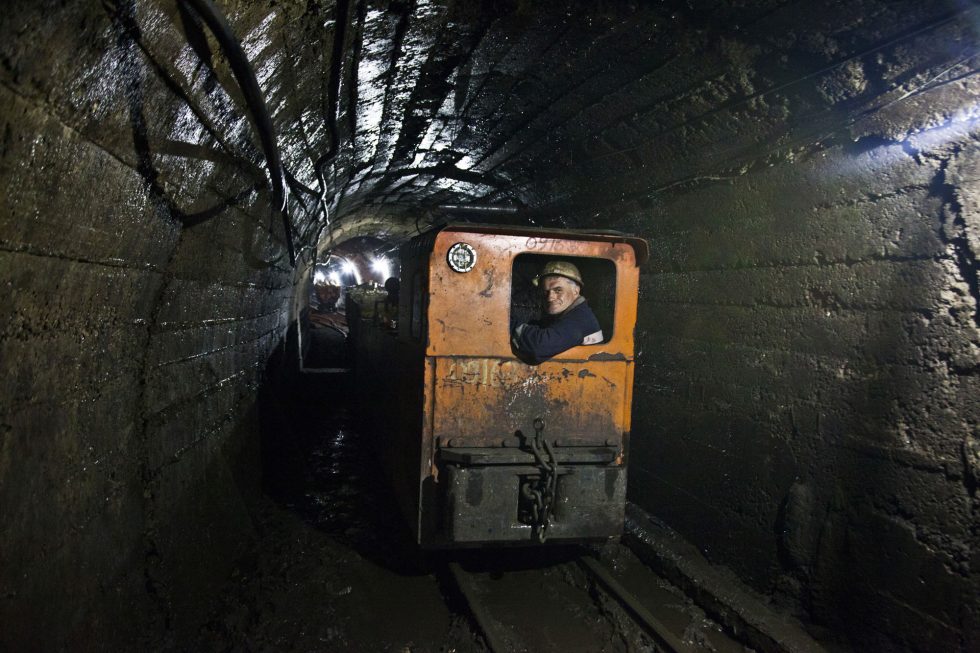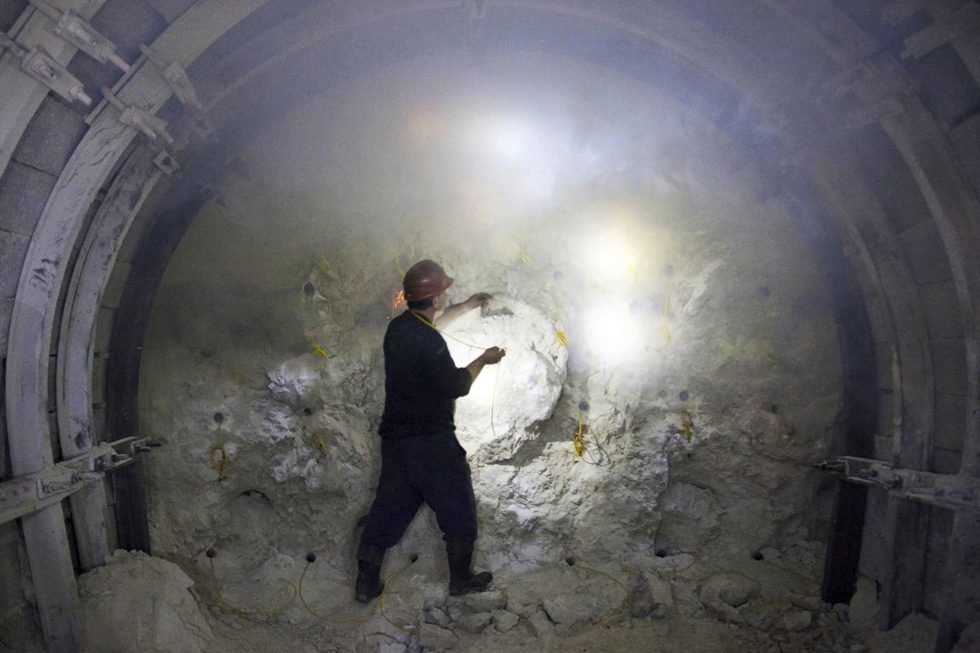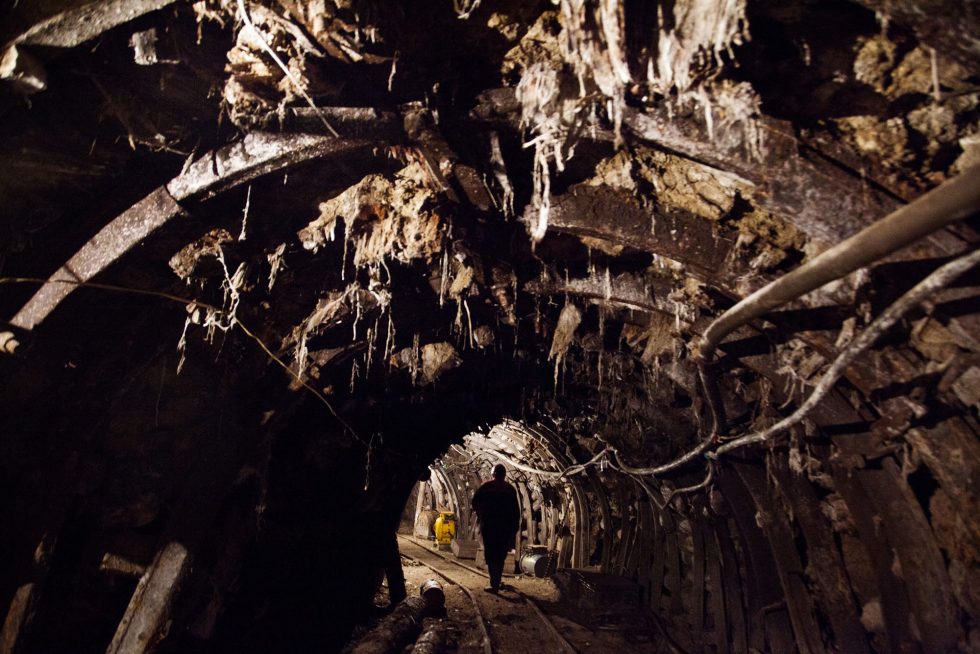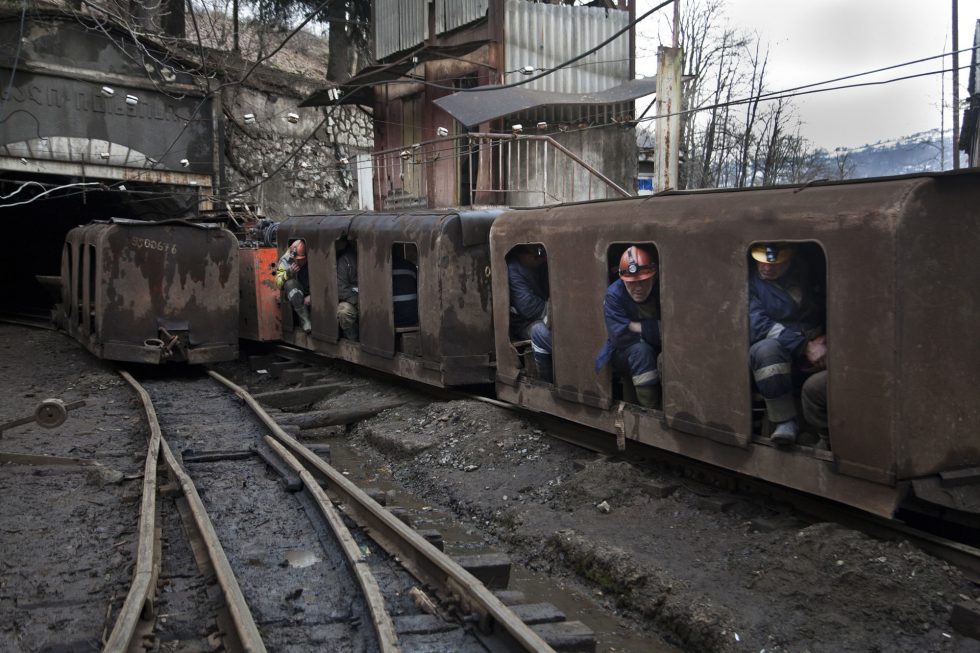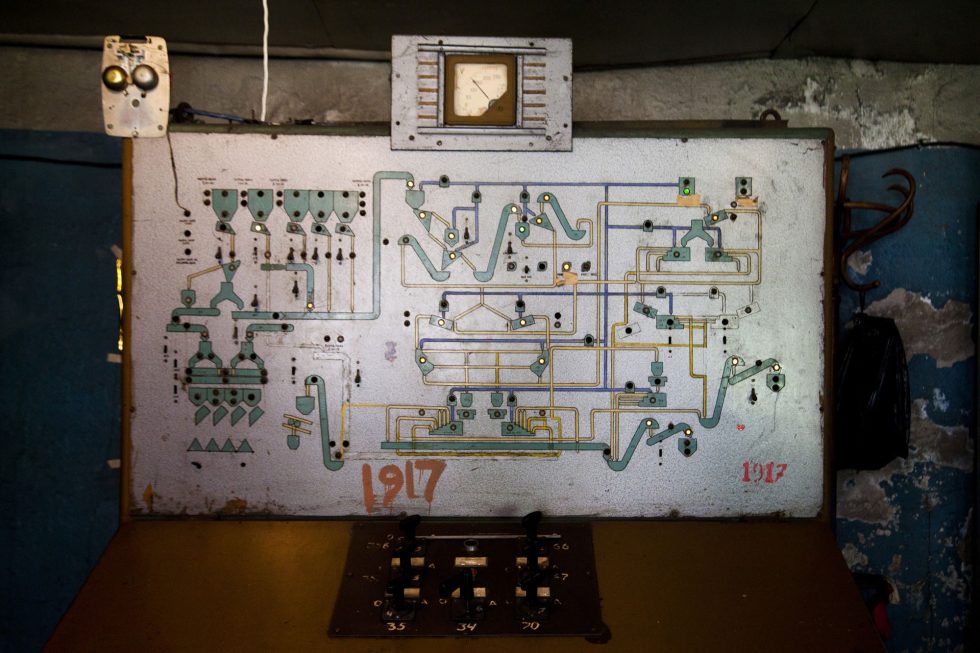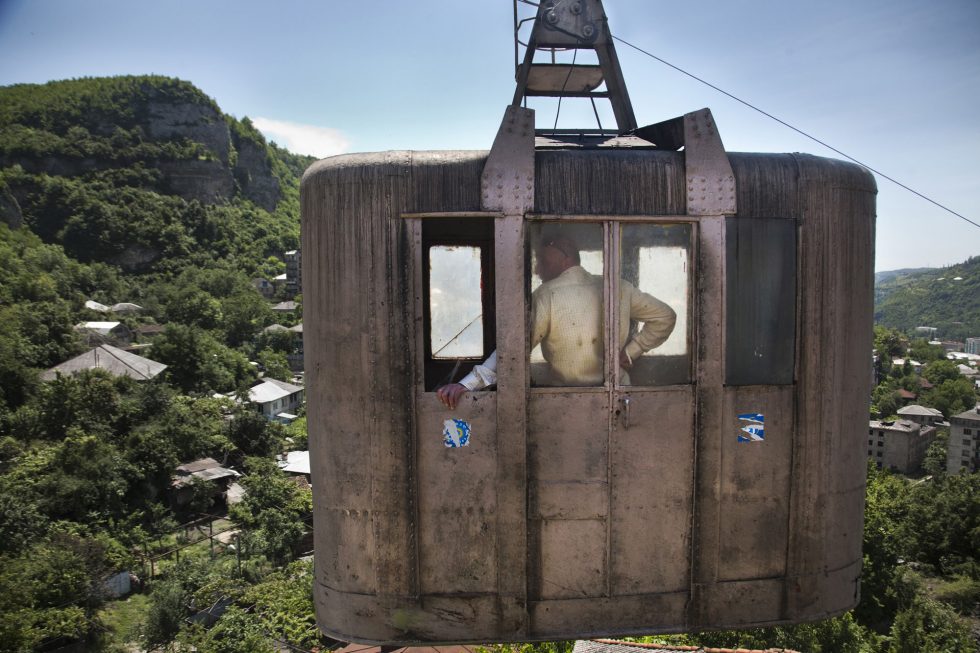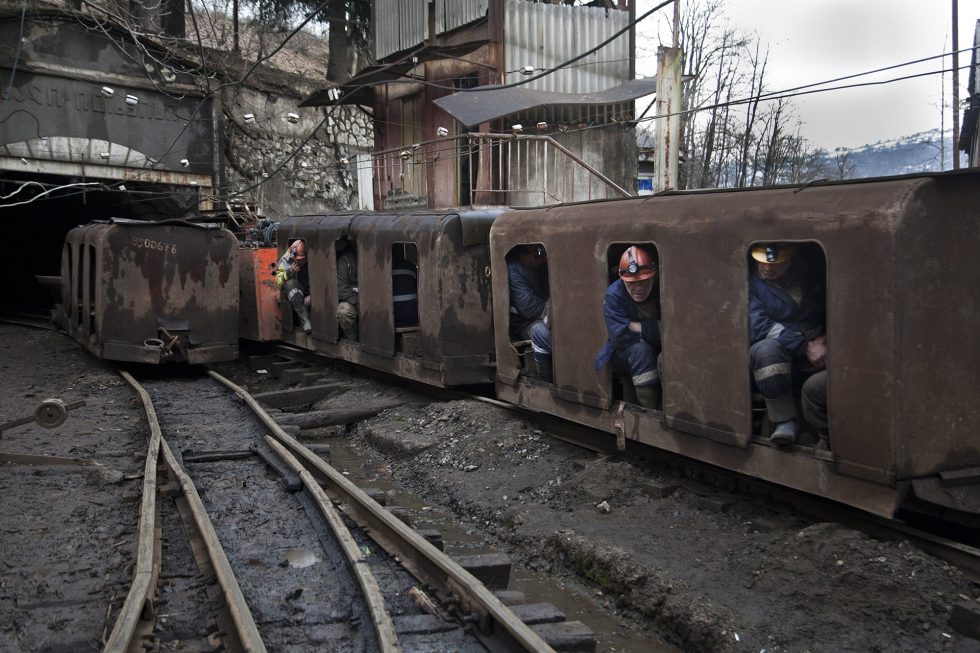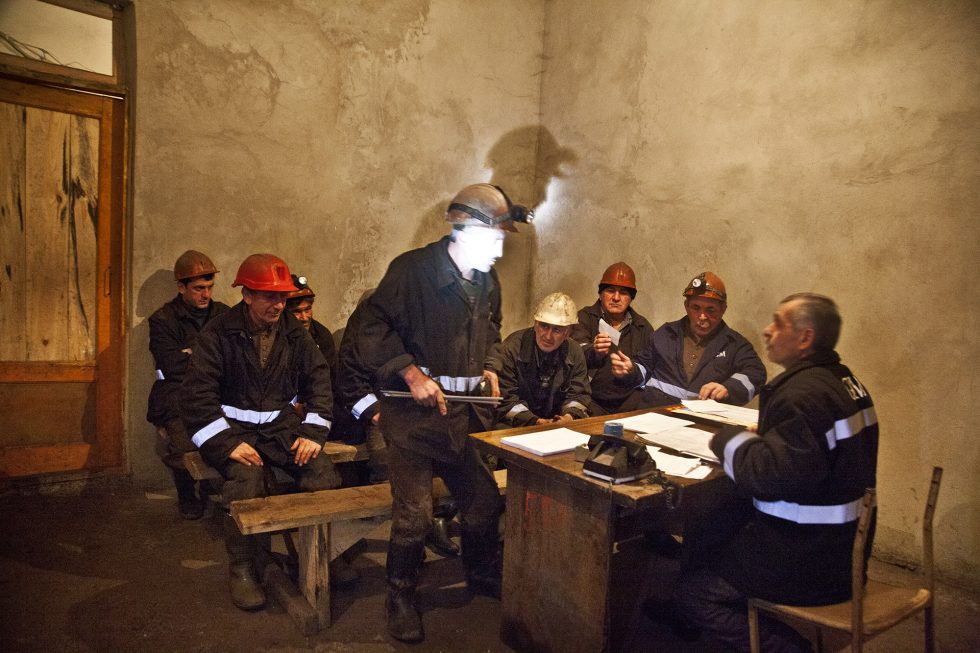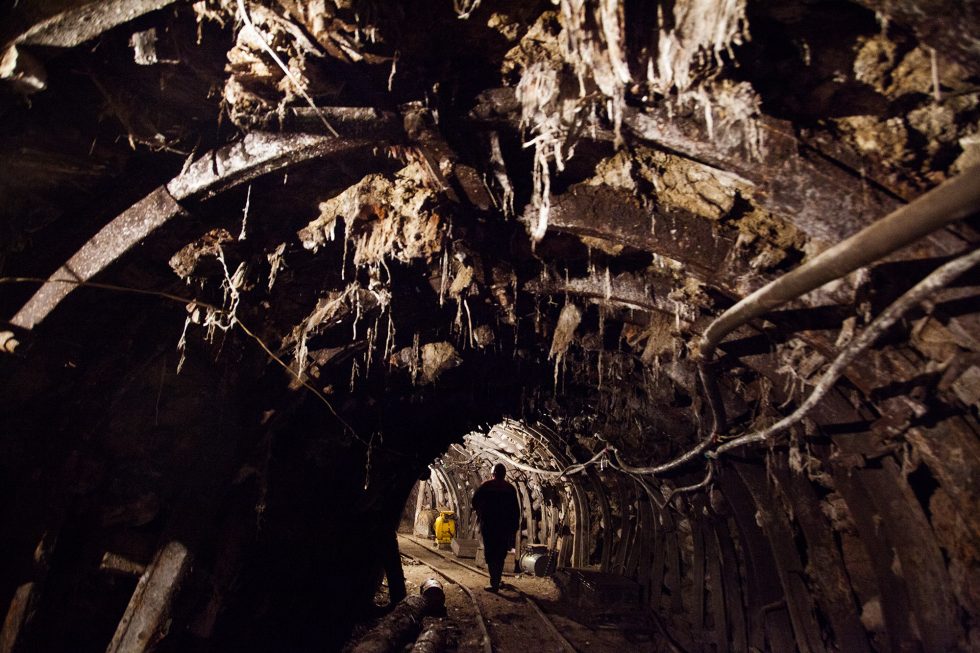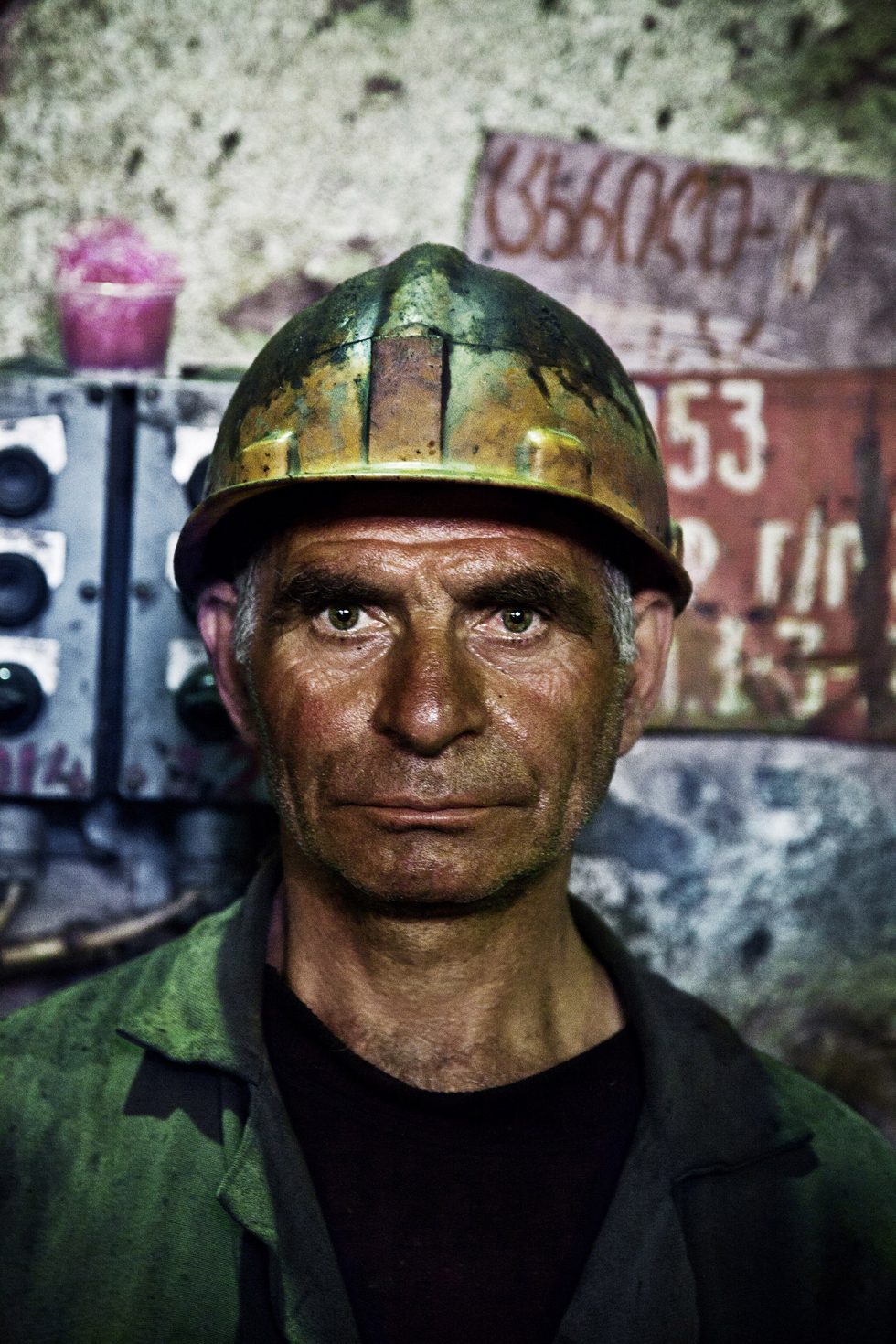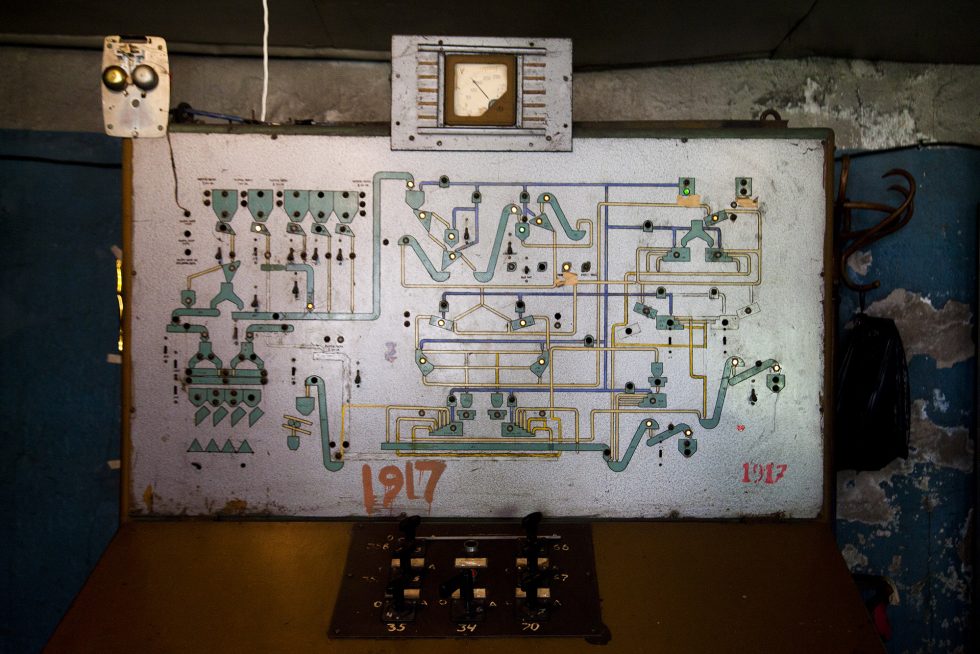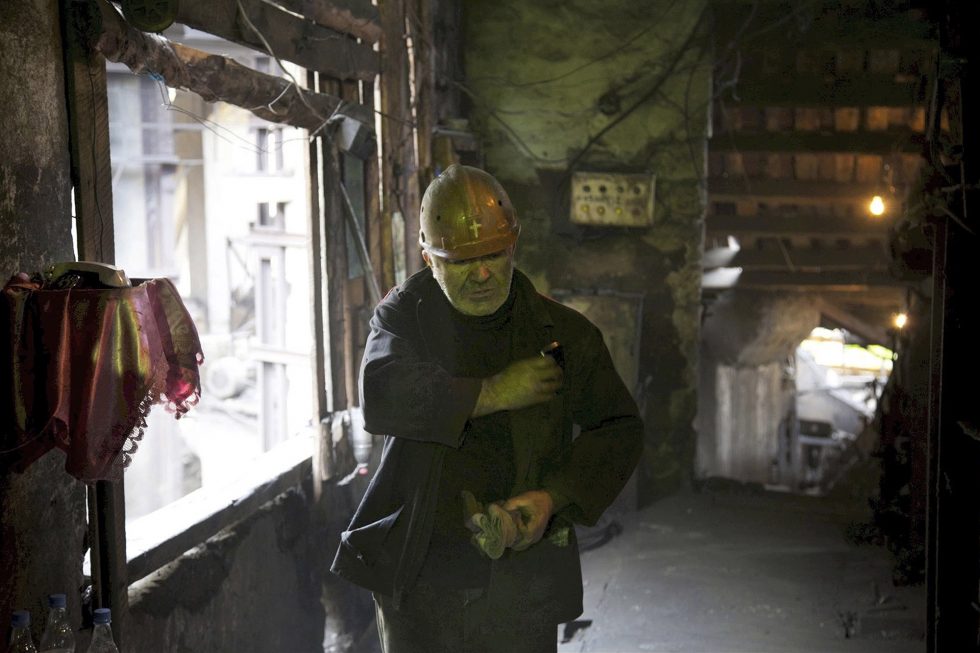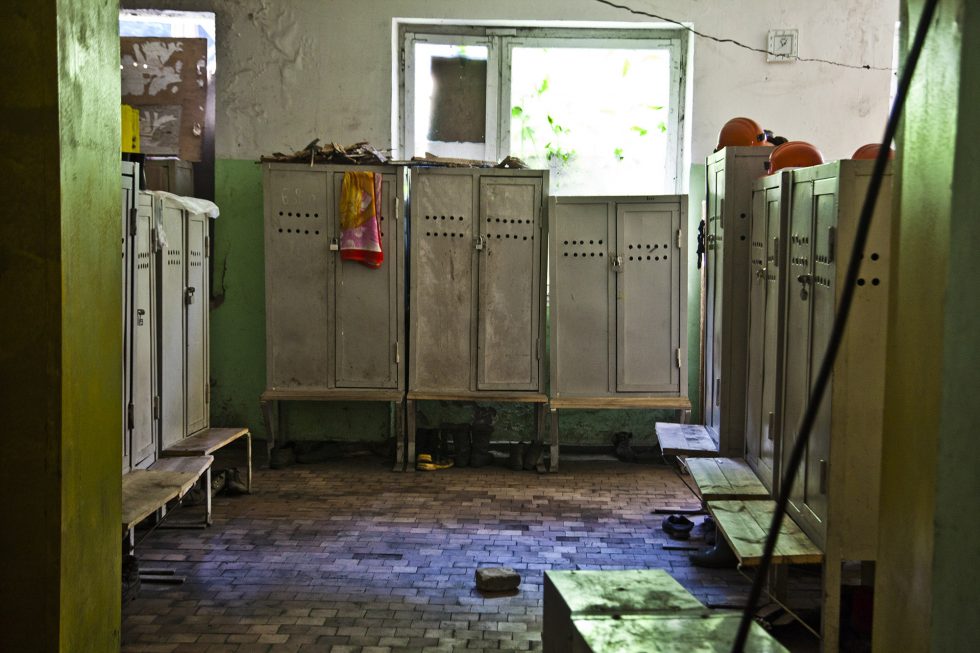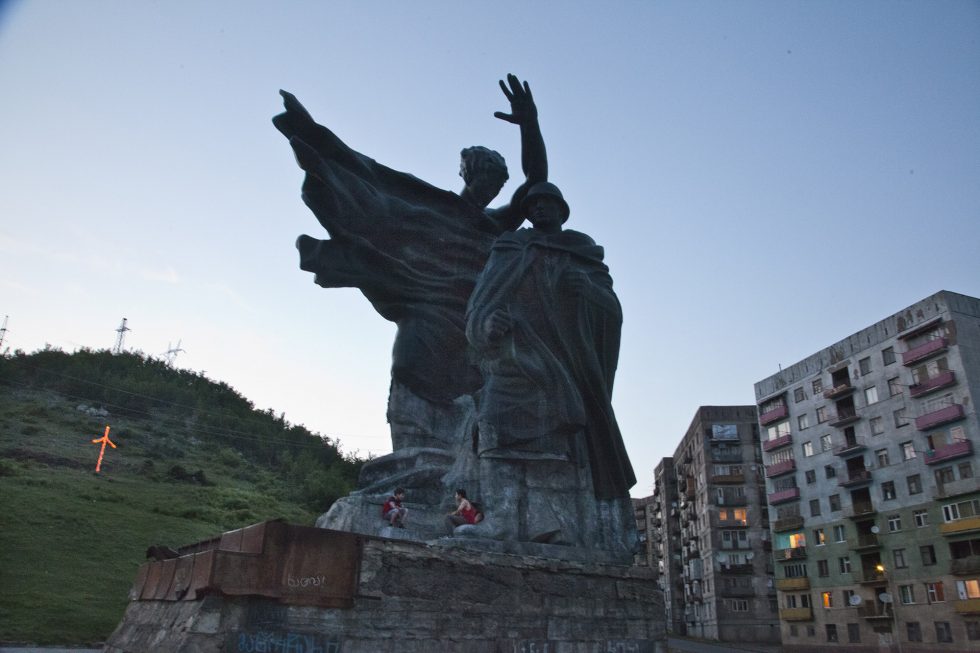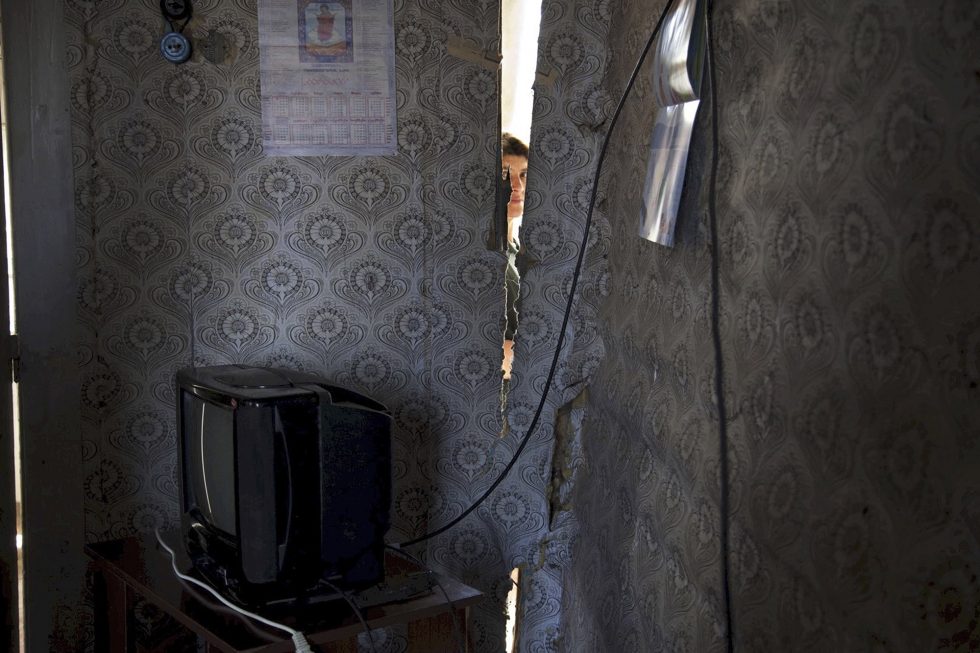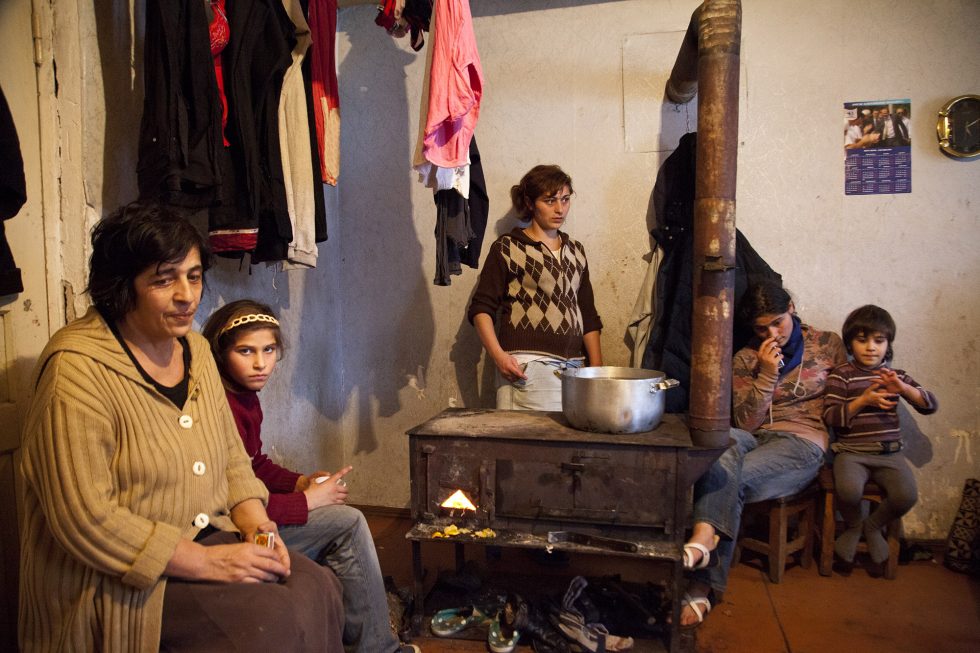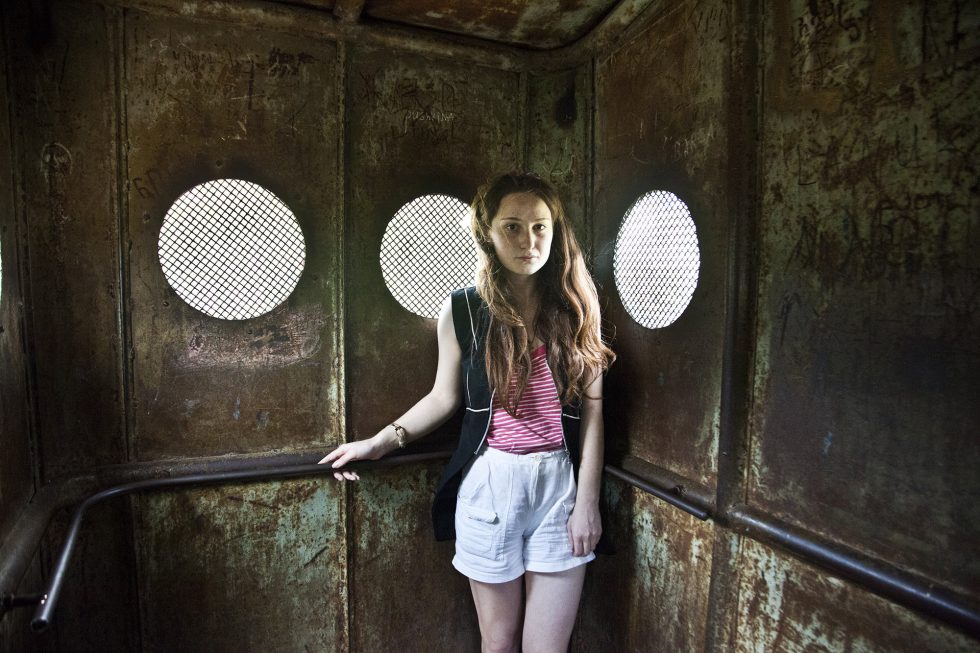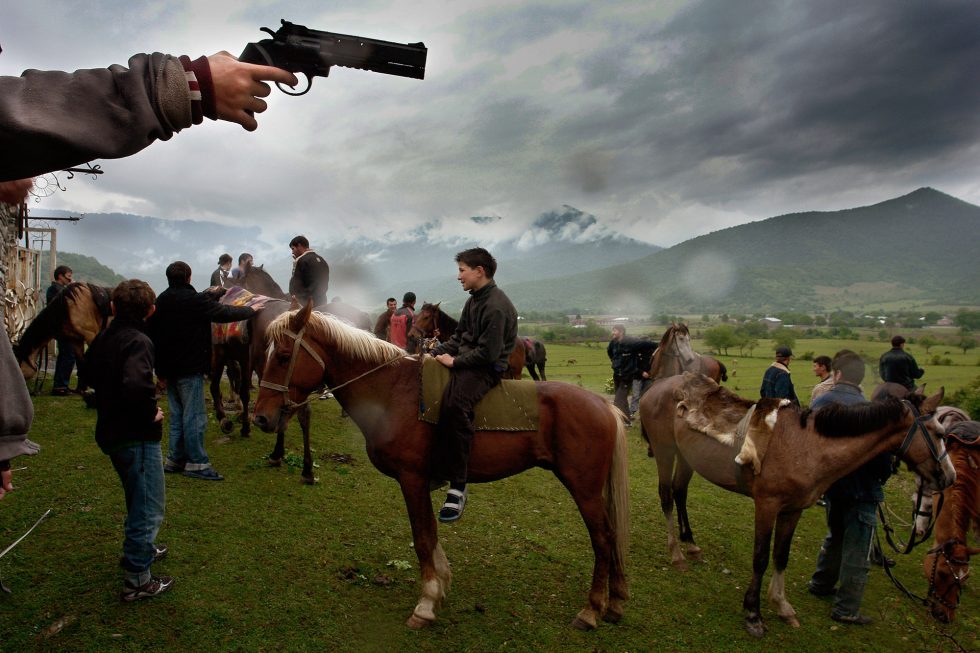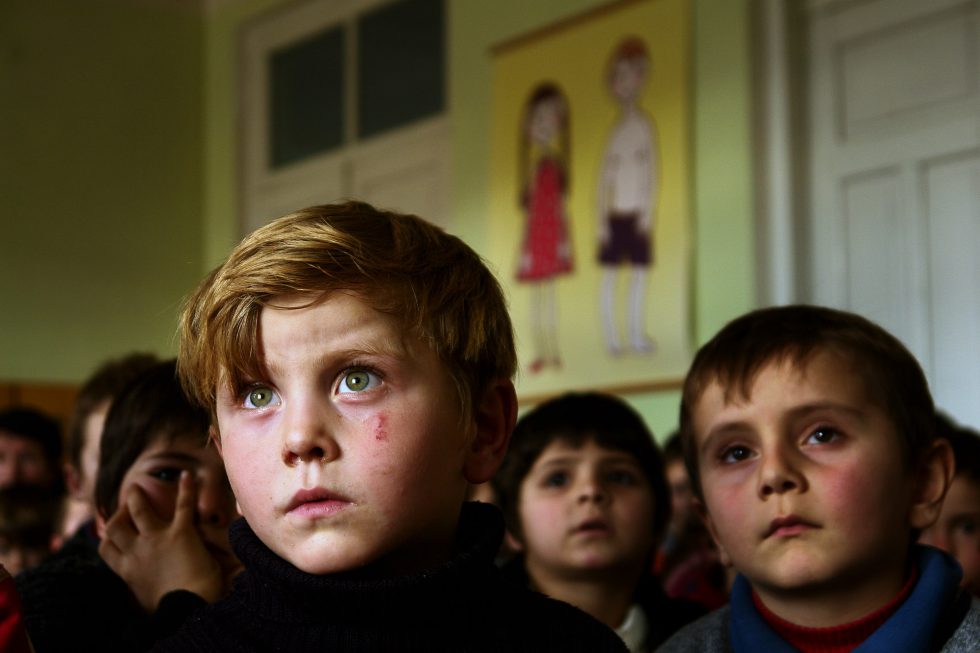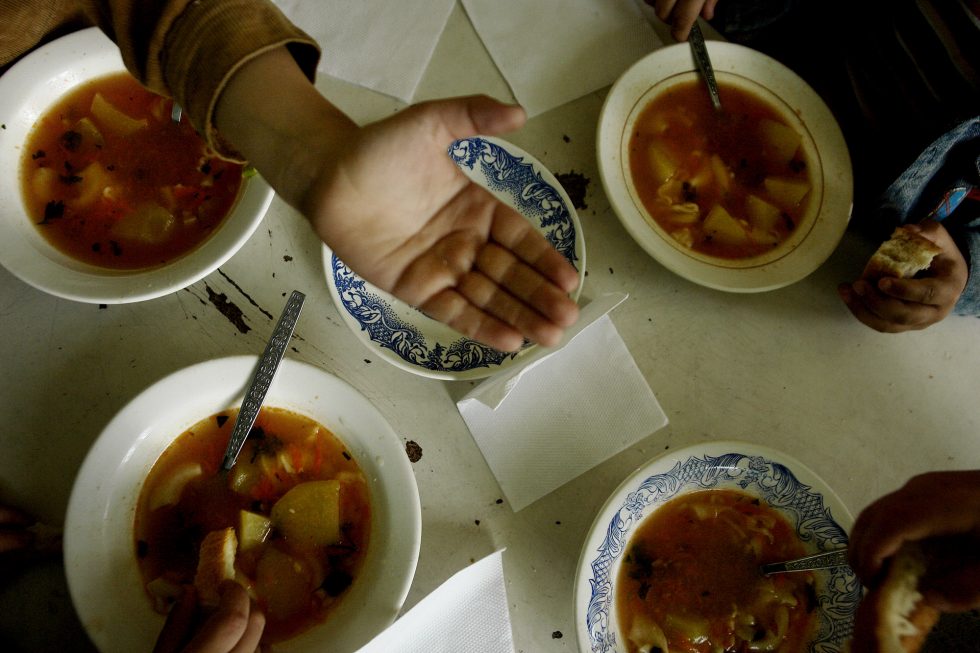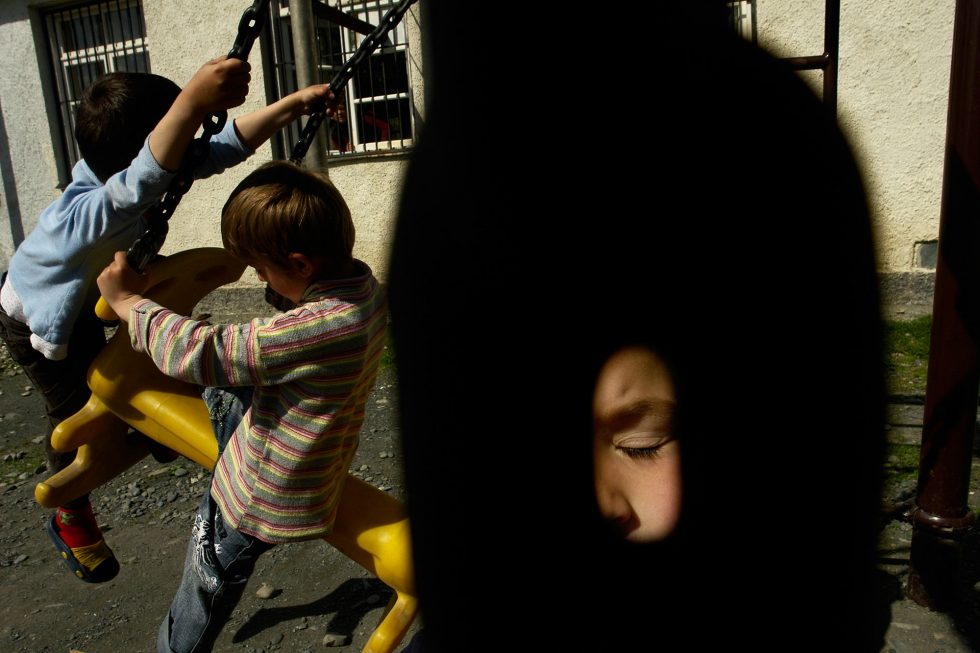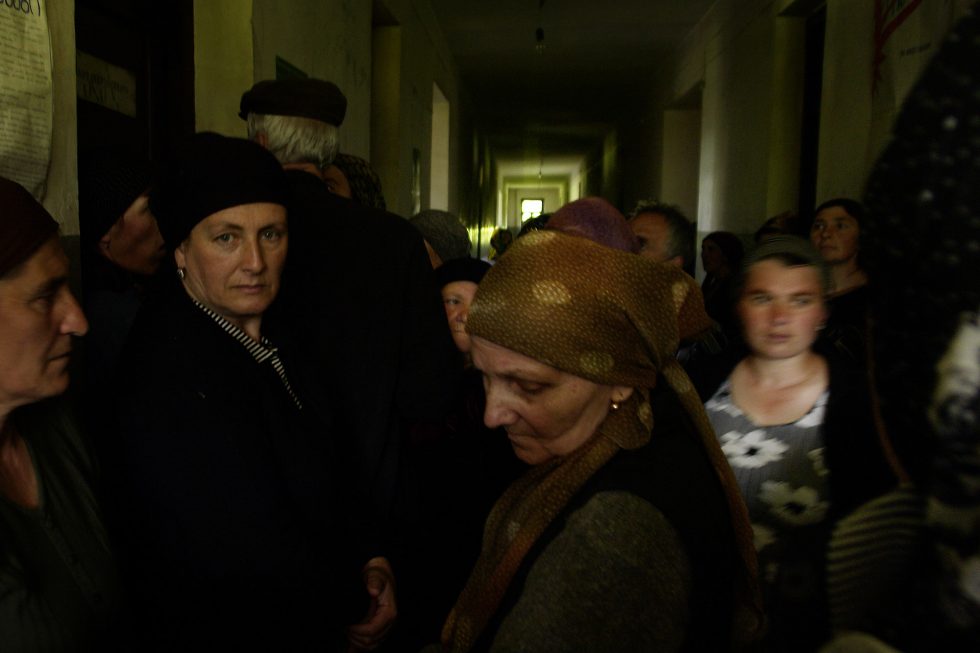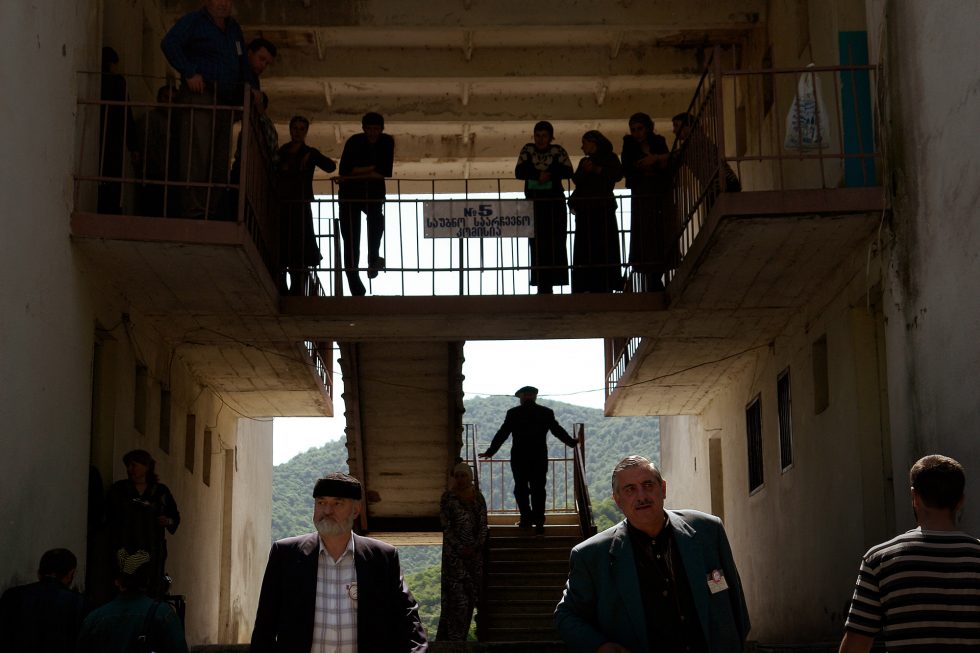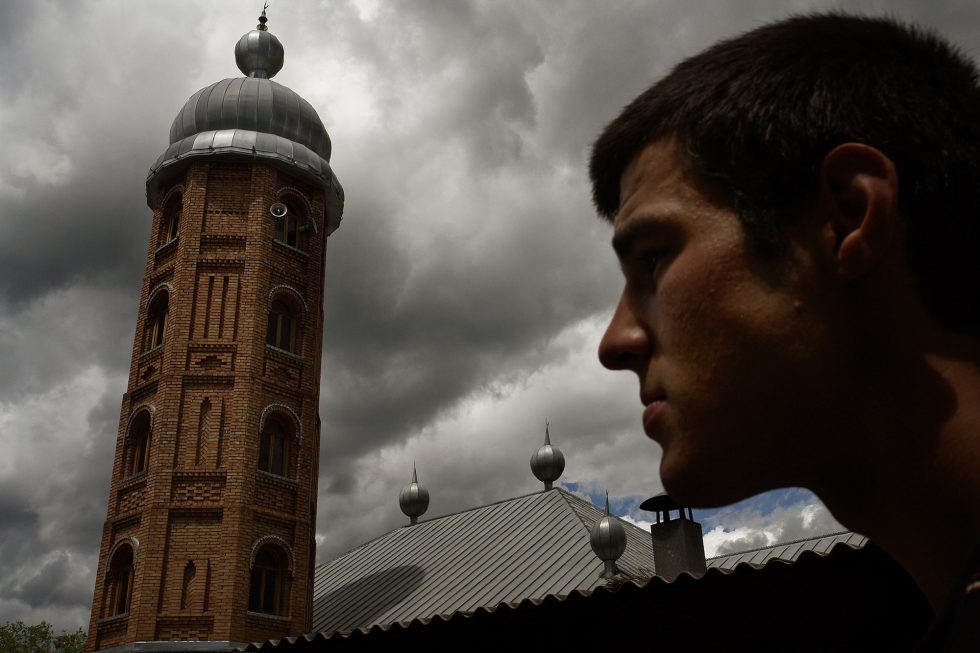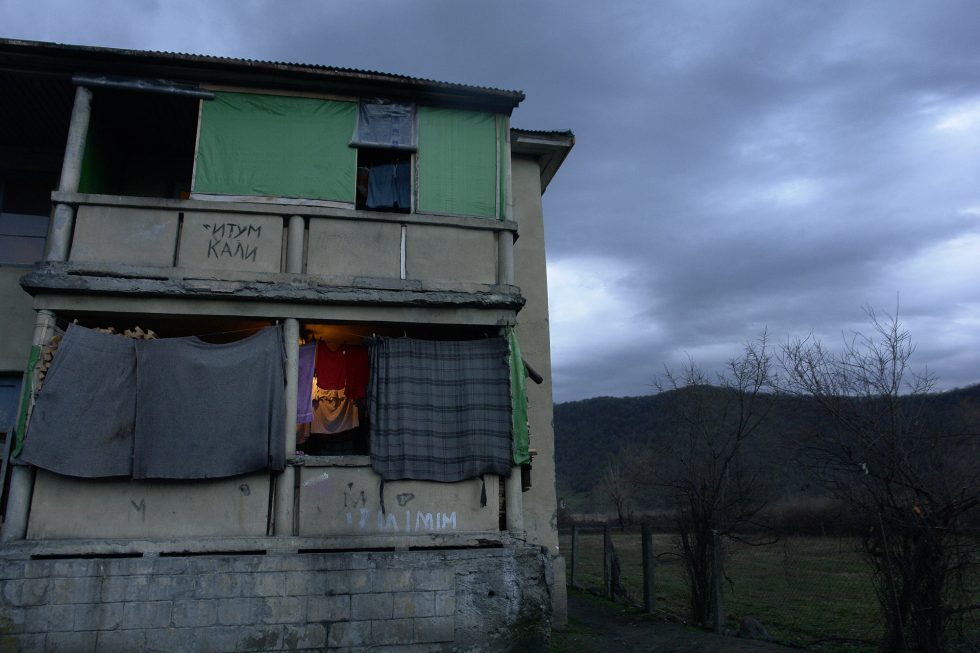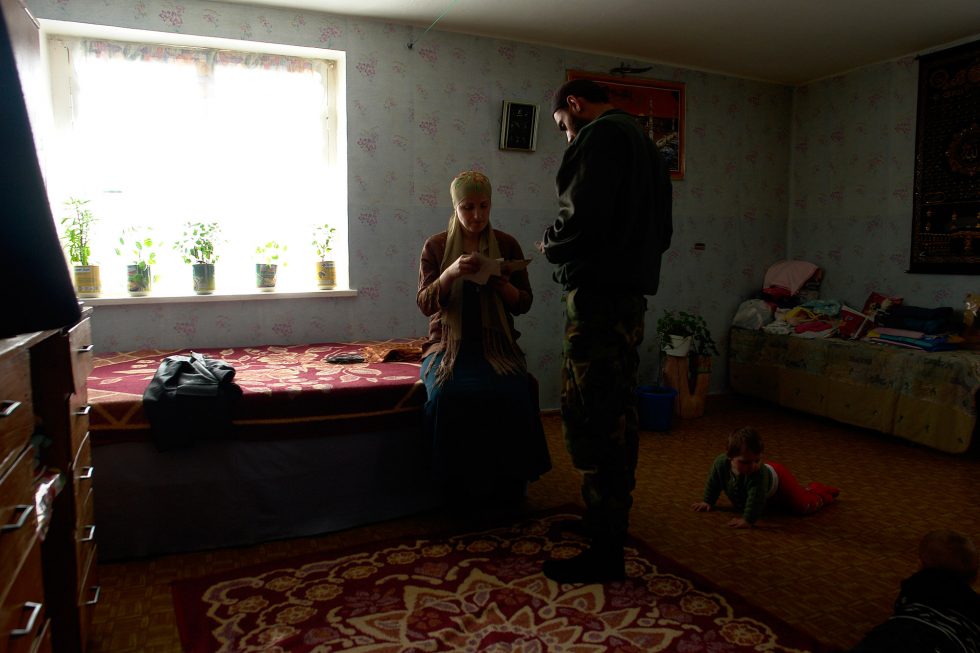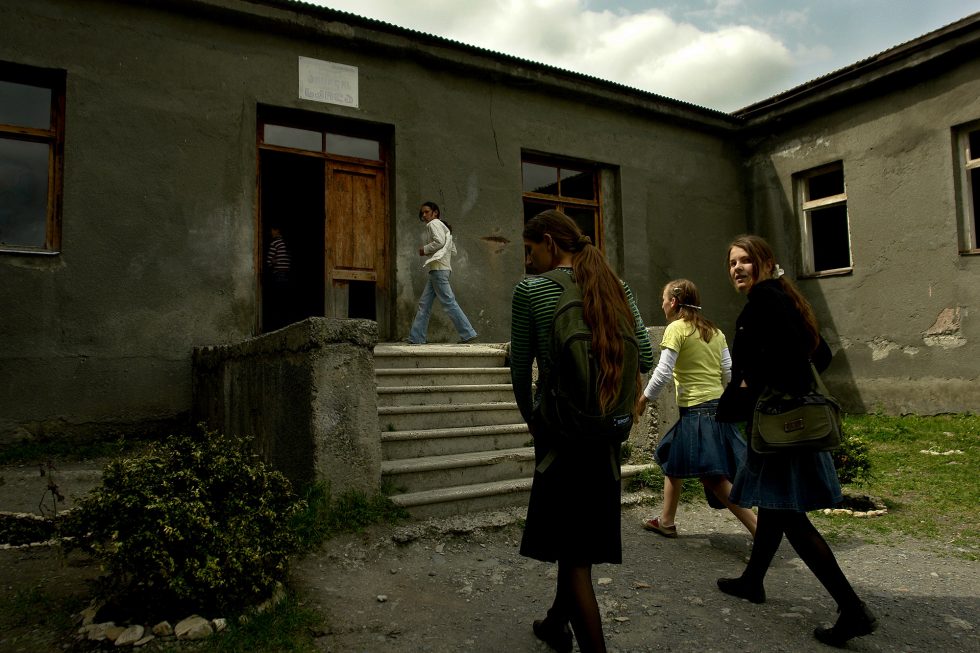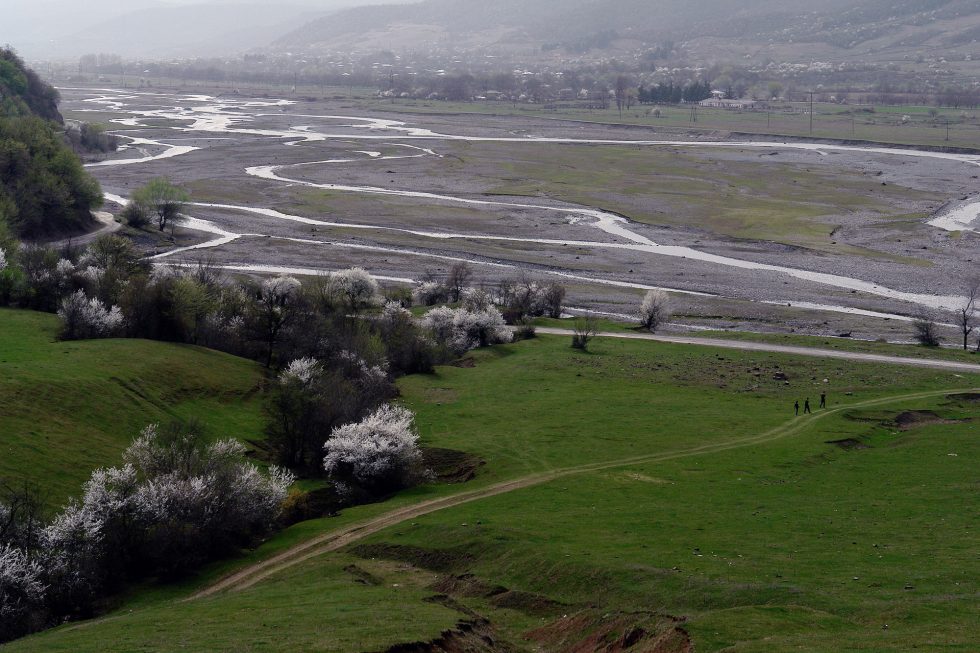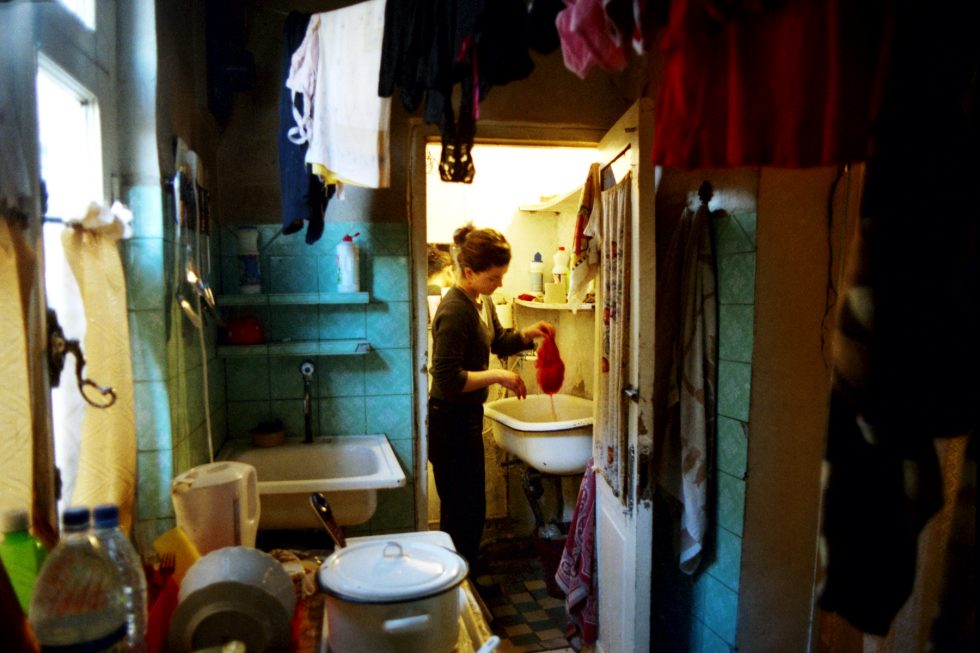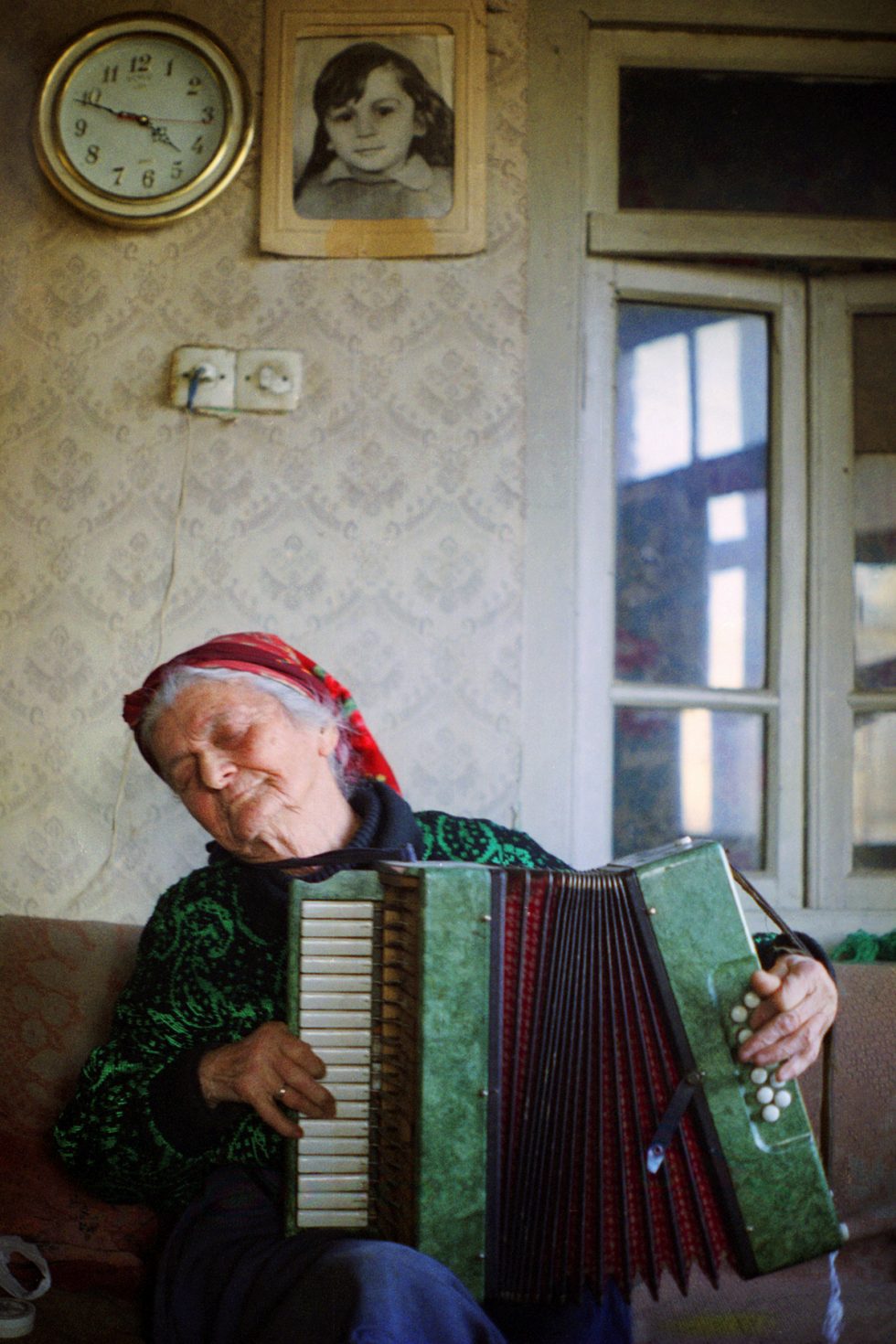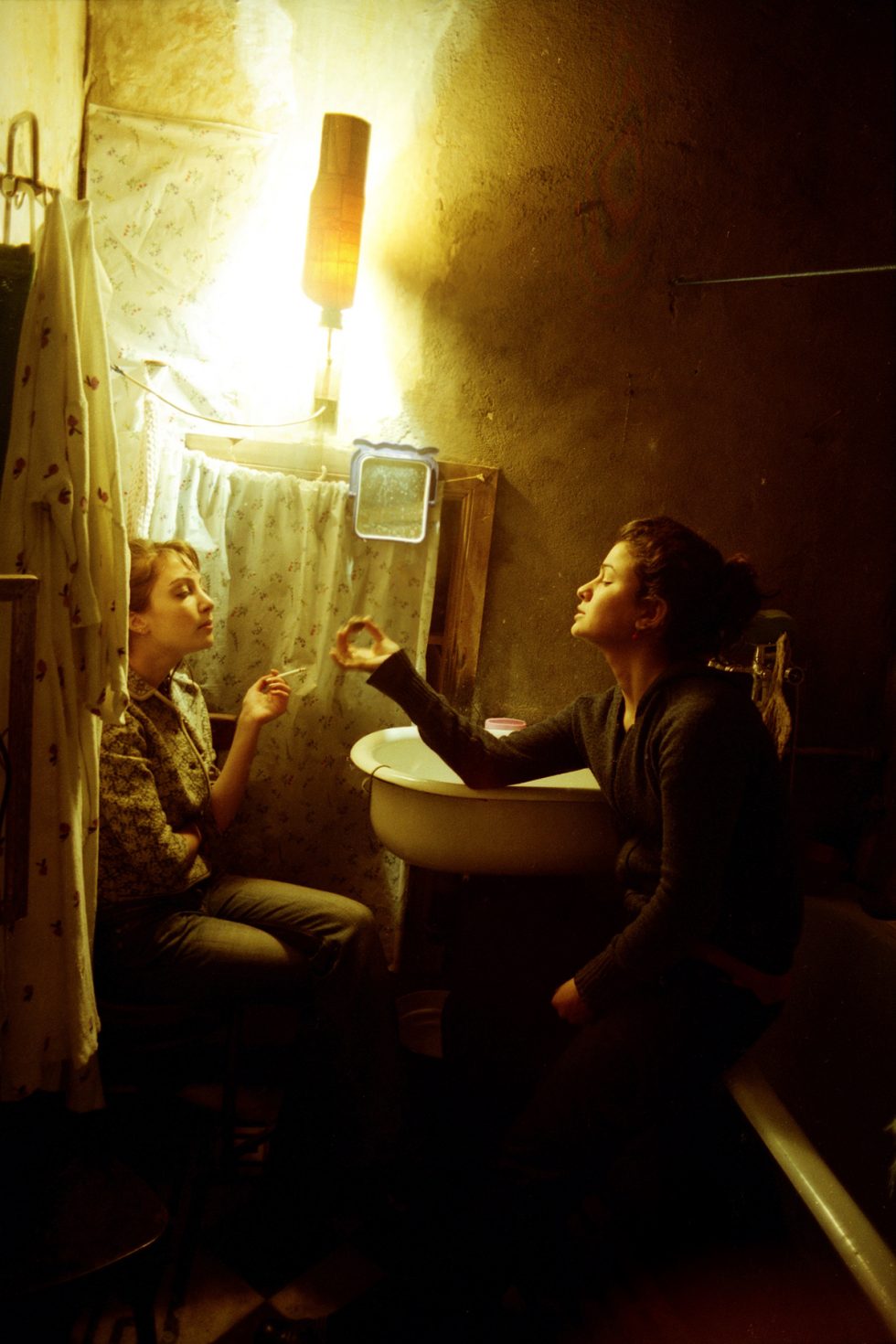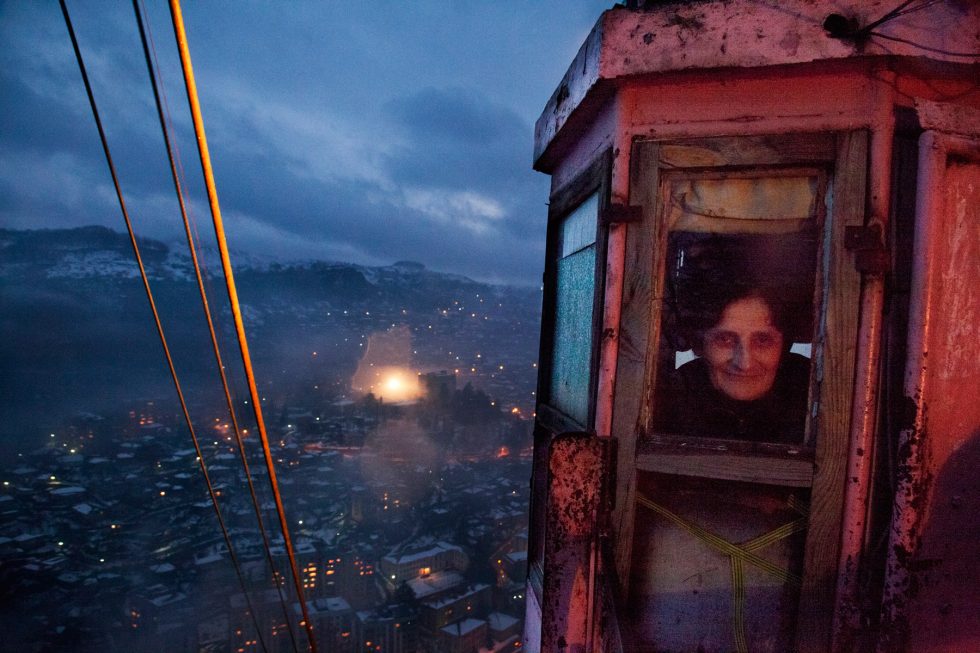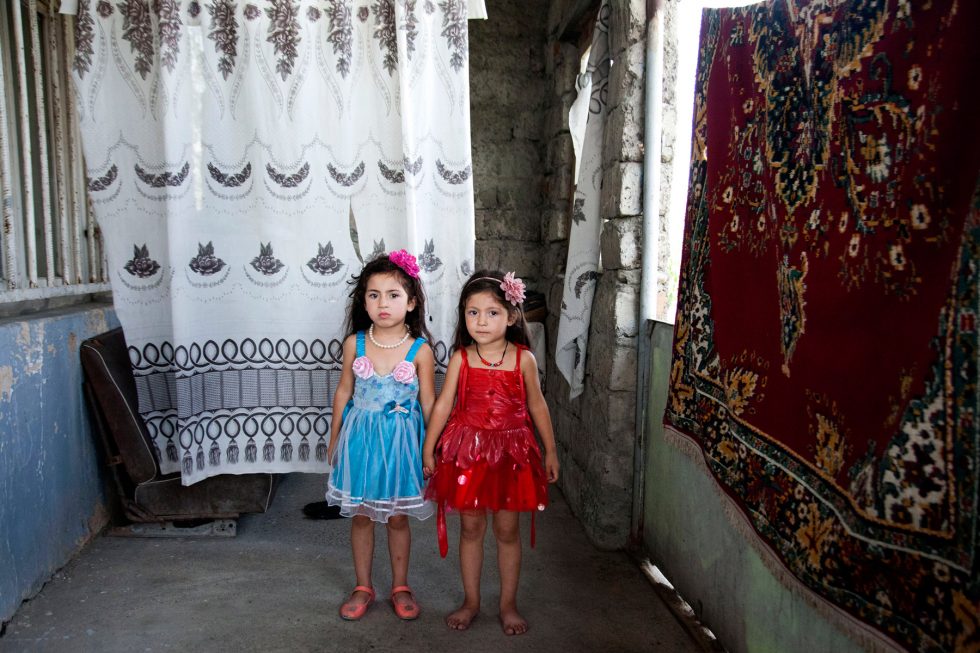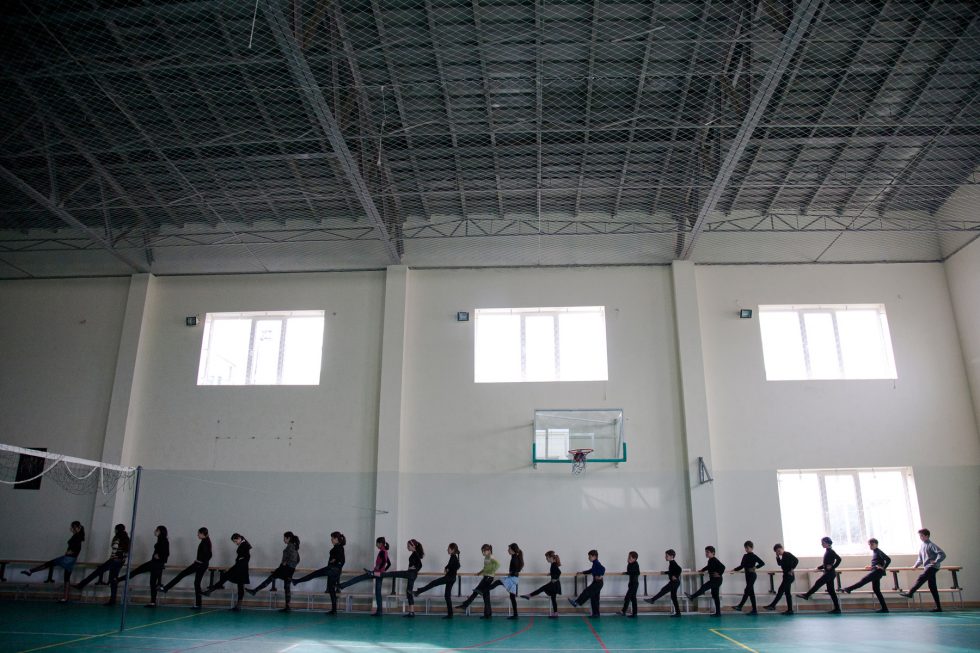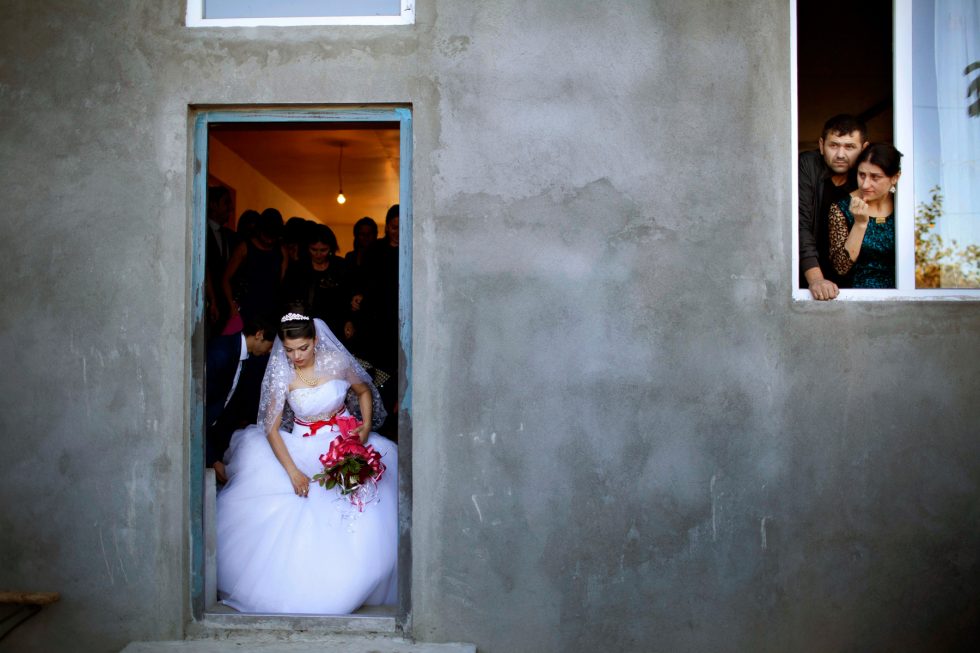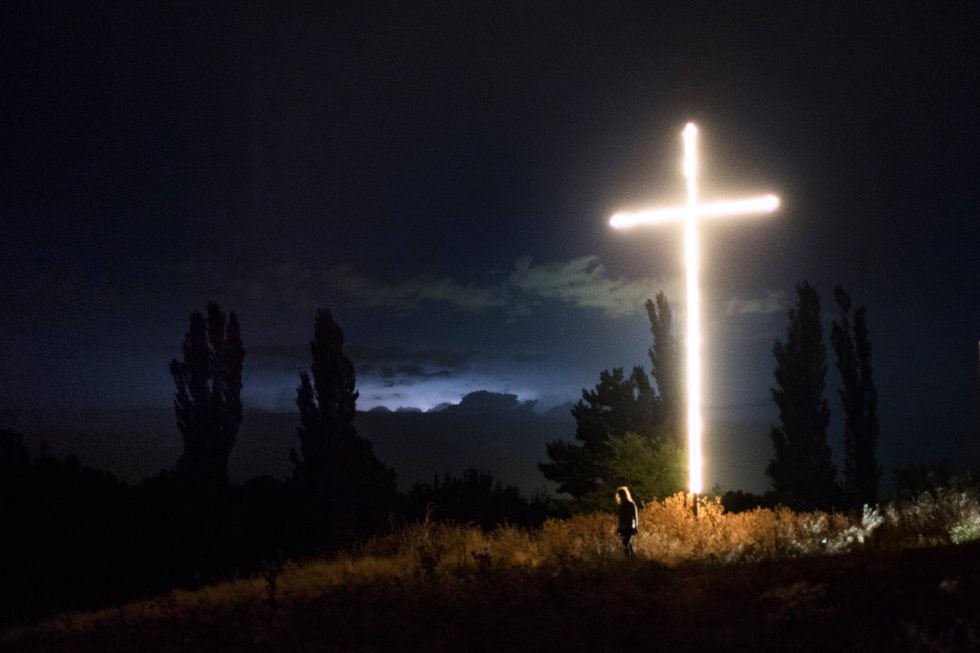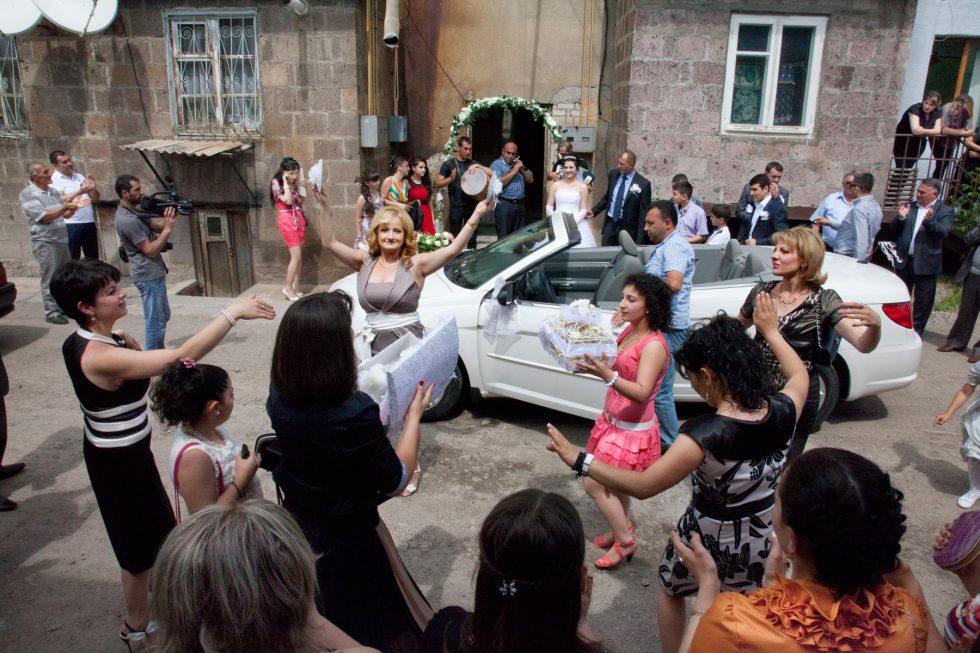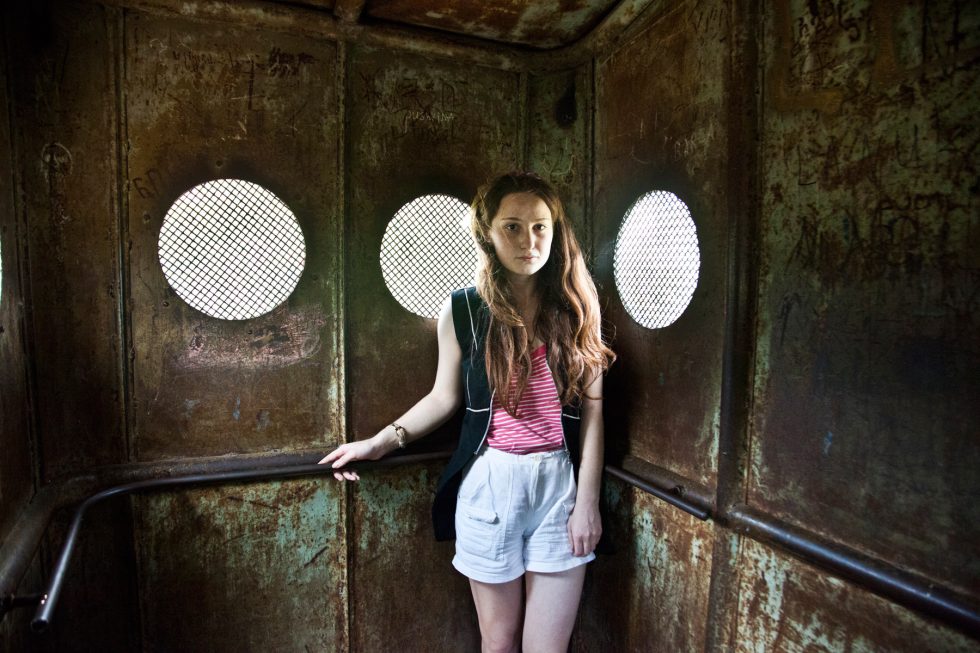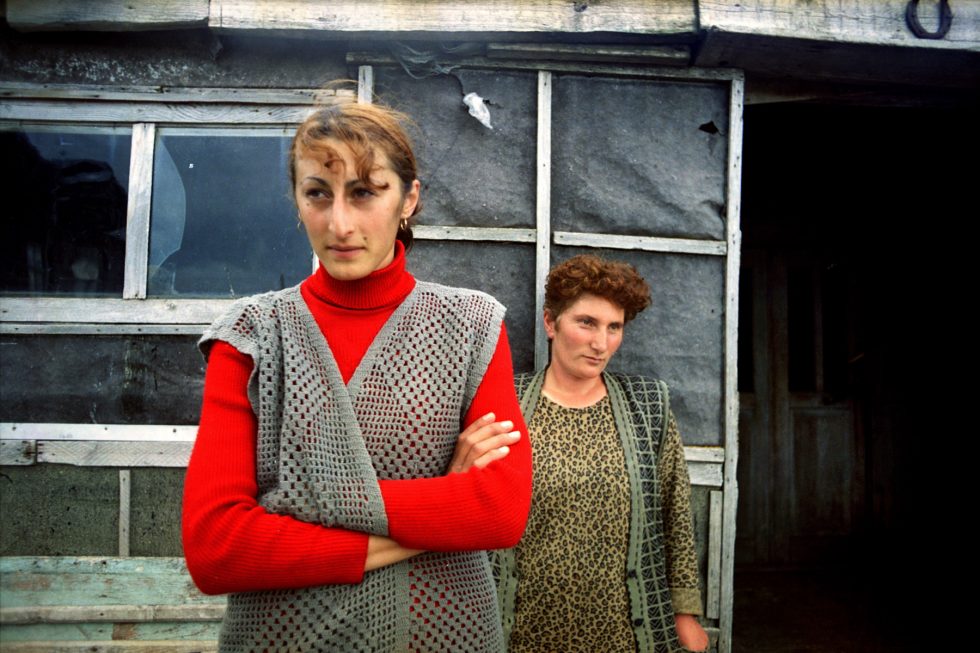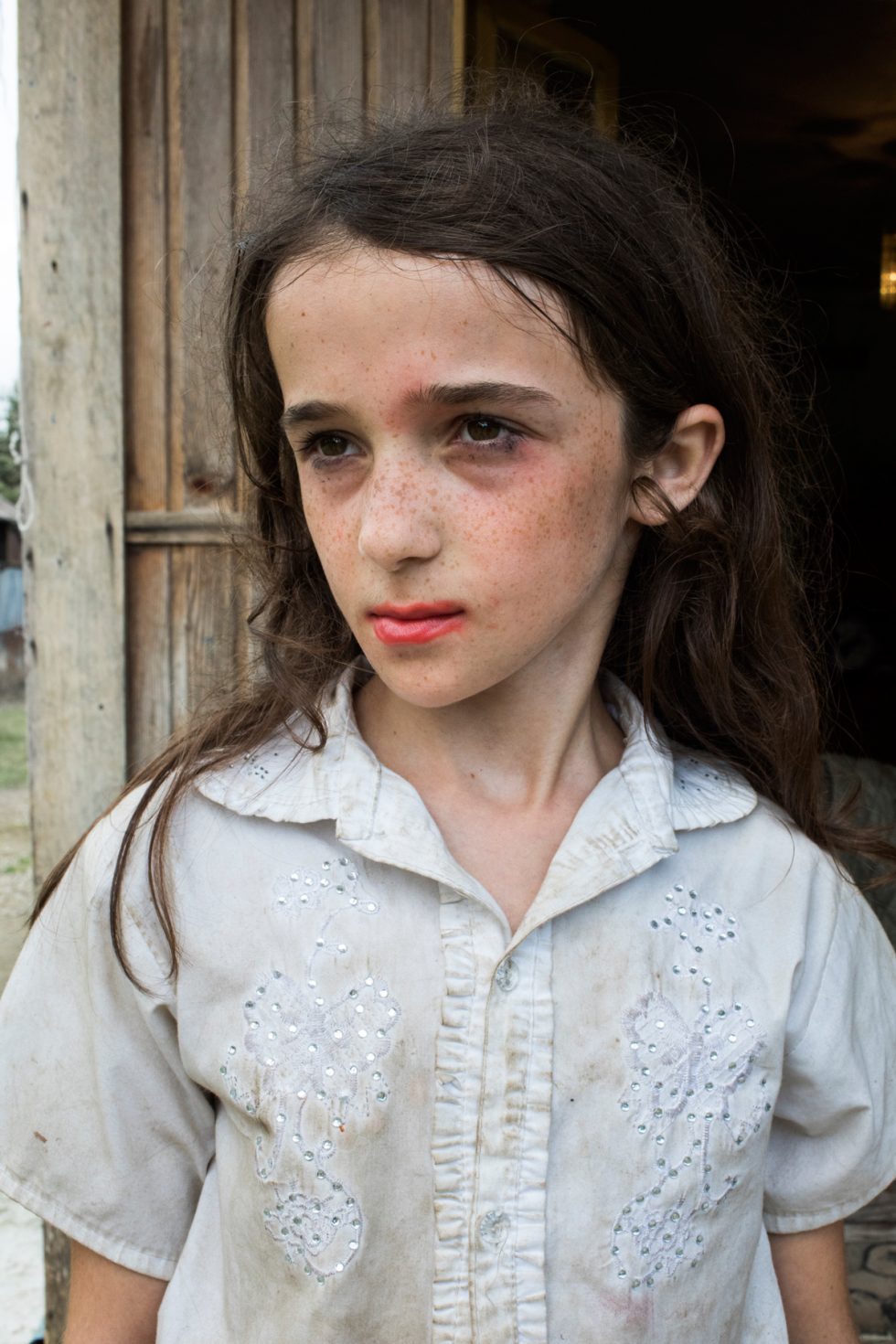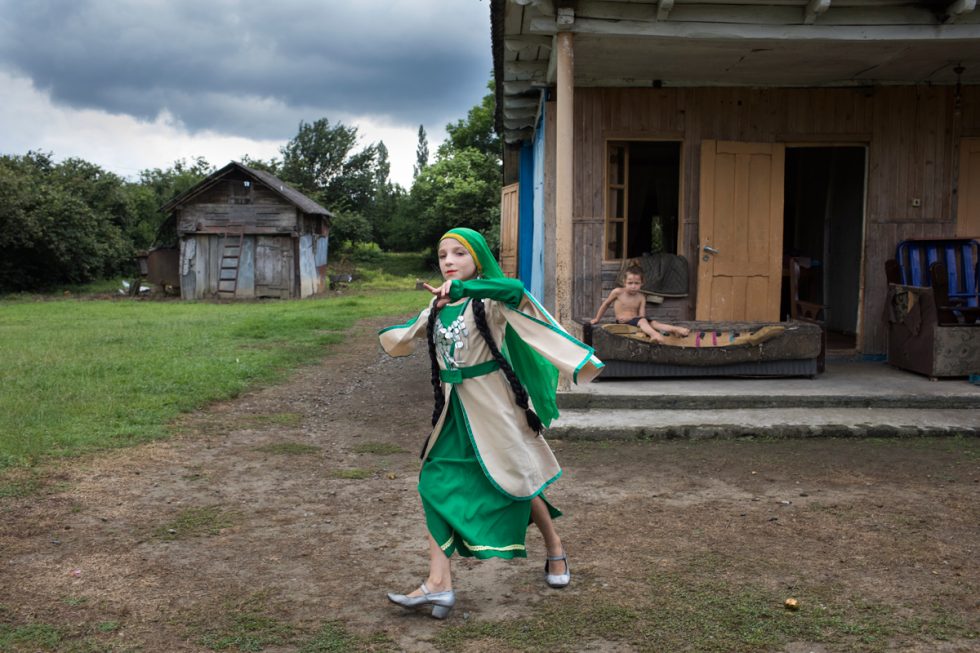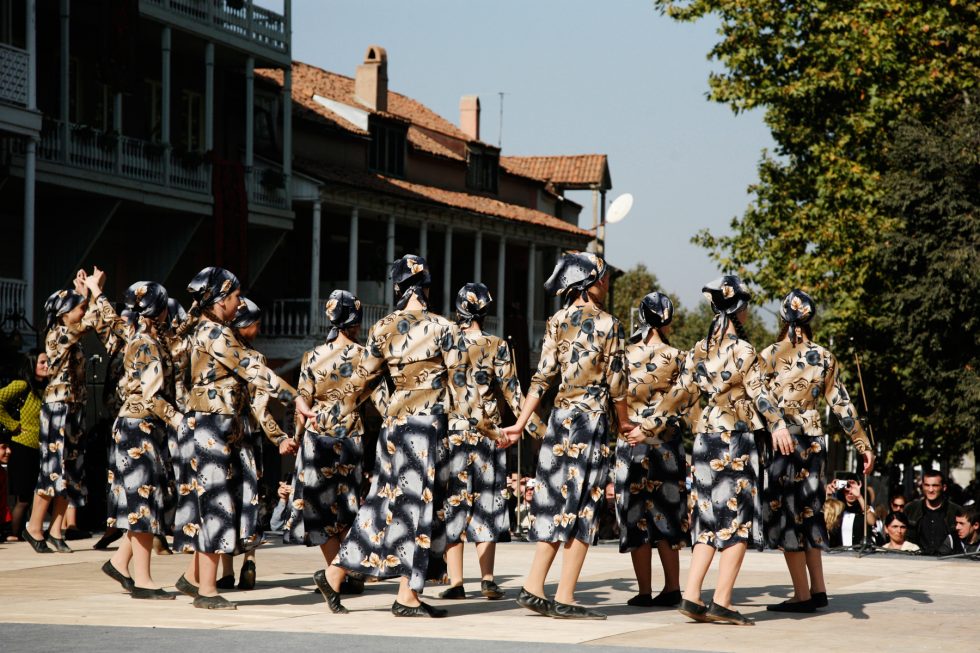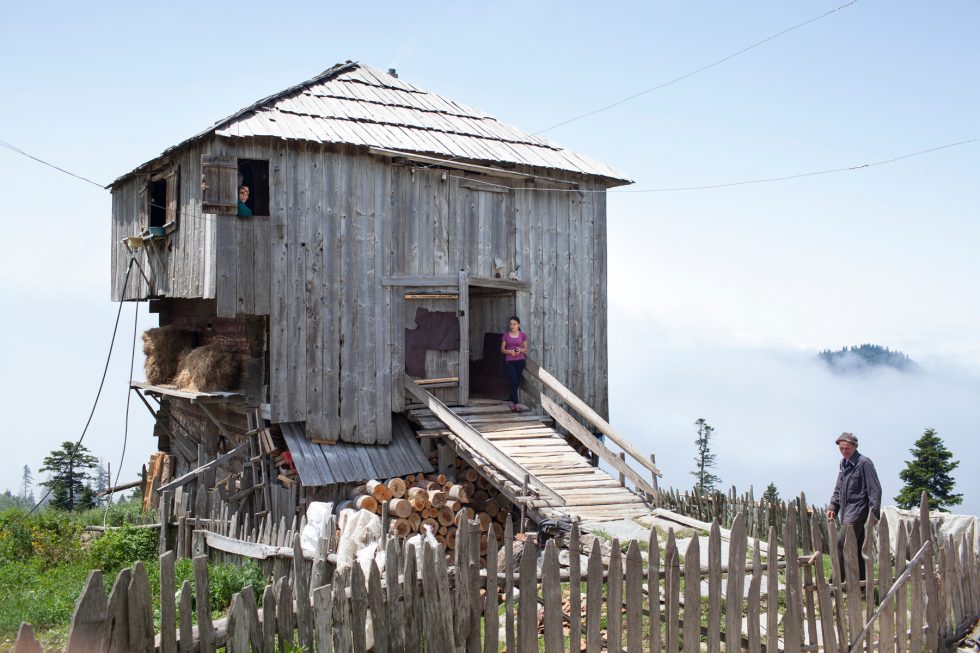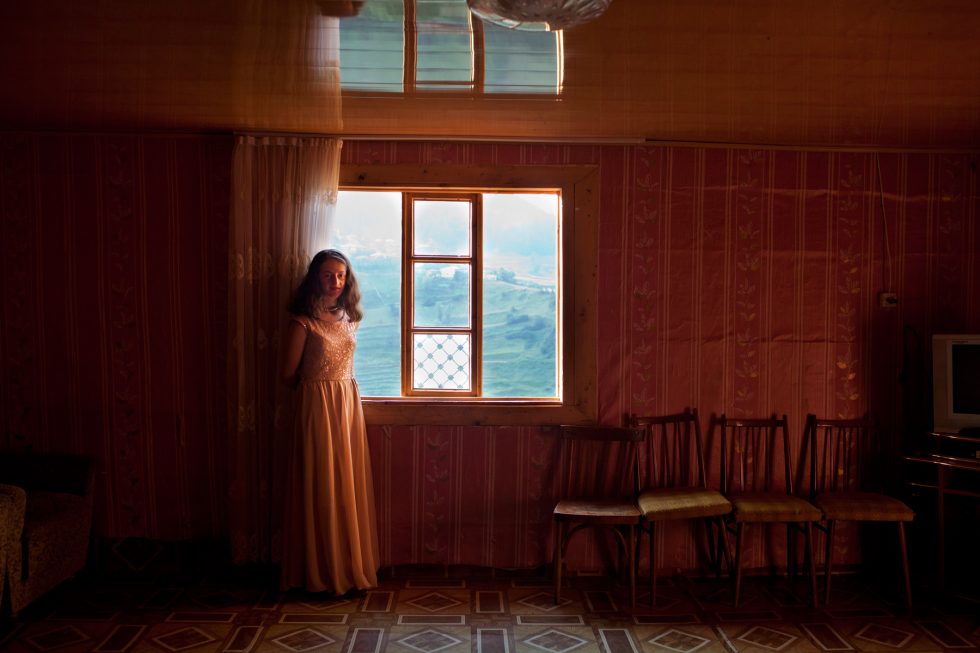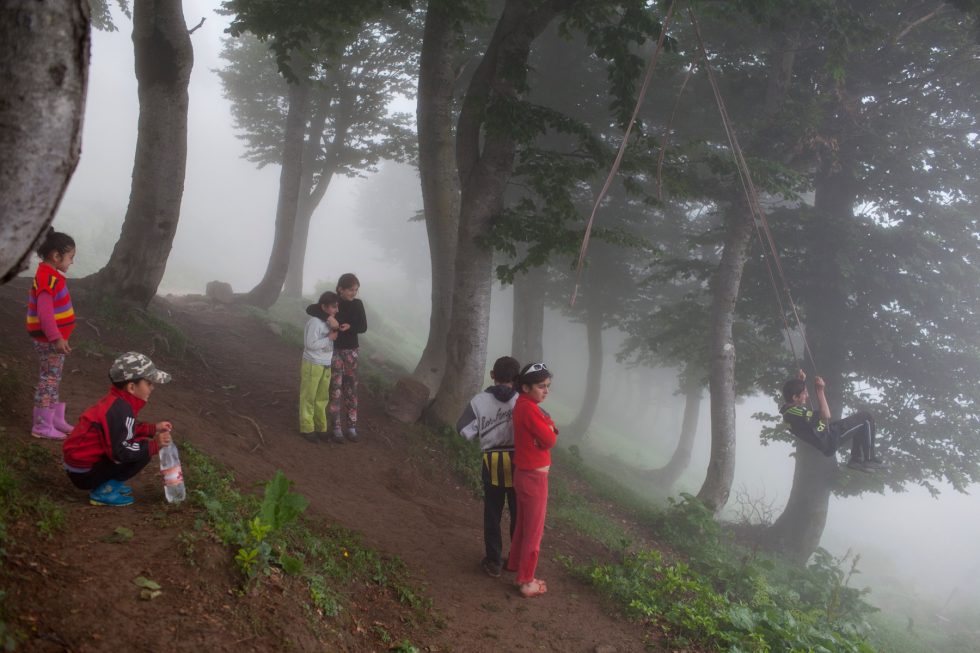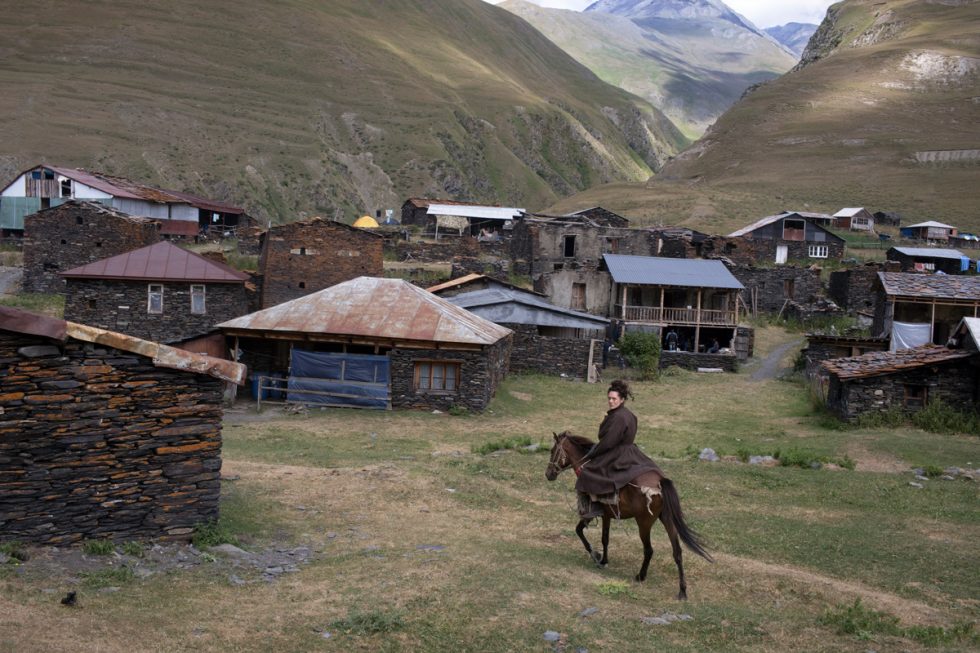-
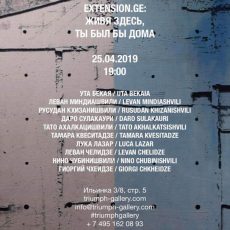 EXTENSION.GE. IF YOU LIVED HERE, YOU WOULD BE HOME
EXTENSION.GE. IF YOU LIVED HERE, YOU WOULD BE HOME EXTENSION.GE. IF YOU LIVED HERE, YOU WOULD BE HOME
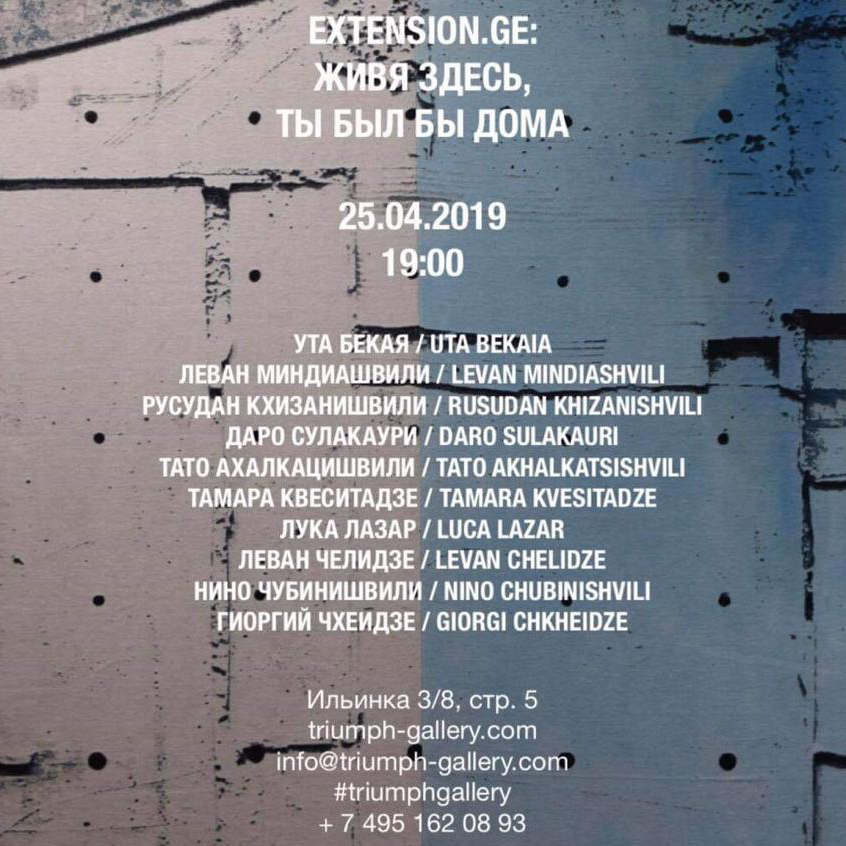
TATO AKHALKATSISHVILI, UTA BEKAIA, TAMARA KVESITADZE, LUCA LAZAR, LEVAN MINDIASHVILI, DARO SULAKAURI, RUSUDAN KHIZANISHVILI, LEVAN CHELIDZE, NINO CHUBINISHVILI, GIORGI CHKHEIDZE
Triumph Gallery in partnership with Ria Keburia Foundation, ERTI Gallery and Window Project, Tbilisi, presents the 11th edition of the EXTENSION project—If You Lived Here, You Would Be Home. In line with now traditional approach to exploring different national art scenes, ten Georgian contemporary artists, who represent various media and subject matters, are brought together by their interest in heritage and cultural memory.
Georgia has always existed at the crossroads, from the Ottoman Empire to the Soviet regime, from the Rose Revolution to the era of the new oligarchs. Having overcome a deep trauma, Georgia is now a vital link in cultural exchanges. In spite of many years of migration, regime change and economic turmoil, Georgians have managed to preserve their national heritage, avoiding the fate of “the cultural melting pot” that has befallen neighboring lands. This cultural depth and richness can be seen in the work of Georgian contemporary artists, who continue to explore their deep ties with tradition and cultural memory, even if working in cities all over the world. Georgia, with its special cadence of life, seems to have avoided the identity crisis that many other nations face today. With a slower pace to life and a tendency towards meditative contemplation, the atmosphere of this country lets you focus on actual values, reflect upon the changing present and consider alternative ways forward.
Extension.ge: If You Lived Here, You Would Be Home displays an overview of Georgian contemporary art by presenting artists with diverse background. All exhibition artists belong to the generation which is part of the new dynamic scene that looks beyond the geography of their national borders. Without ignoring their cultural identity and possessing particular experience of contemporary reality, these artists make a claim to international presence and benefit from their openness and desire for exchange.
Exploring transitional fluid state of historically accepted social forms and paradigms, the exhibition revisits the notions of place, identity and history. It doesn’t propose answers or solutions, but it does offer opportunities to closely examine artistic practices, storytelling and new perspectives. The profound intergenerational impact of postcolonialism, economic exploitation and ideology requires nuanced insights and experiential responses, which inevitably shapes the reality and brings about new artistic practices. Participants of Extension.ge: If You Lived Here, You Would Be Home are renegotiating the definitions of place and home in order build renewed links between the notions of memory, geography, identity.
-
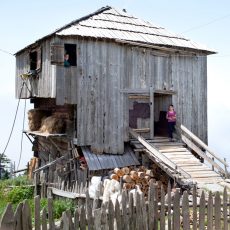 LECHAKI | DARO SULAKAURI PHOTO SHOW
LECHAKI | DARO SULAKAURI PHOTO SHOW LECHAKI | DARO SULAKAURI PHOTO SHOW
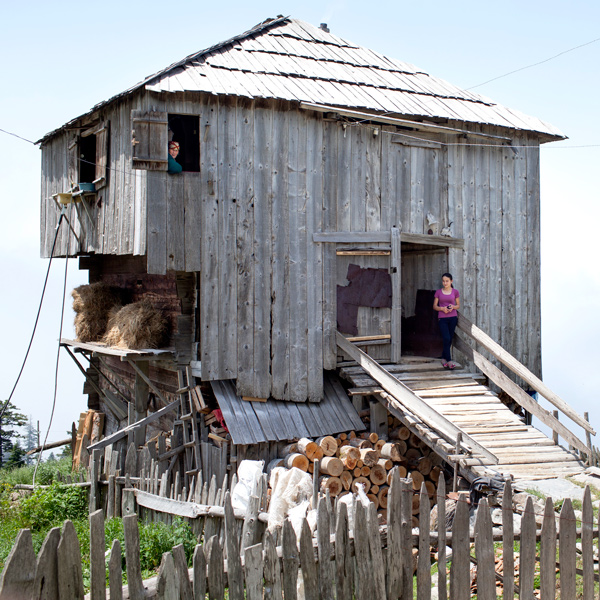
“Lechaki” is Daro Sulakauri’s (born 1985) first solo show at Erti Gallery.
Lechaki is an old Georgian word and it means a silk veil. For centuries it’s been a symbol of peace and women’s role in family. It symbolizes virtuous and holiness of a woman. Selected from several projects, the works in the exhibition focus on a wide variety of women from Georgia. “House Divided” of 2018, portrays people in the Russian-occupied separatist regions between South Ossetia and Abkhazia, where the borders between Russia and Georgia are frequently encroaching on Georgian territory , causing the inhabitants to live in constant fear of losing their homeland. “Deprived of Adolescence,” 2015, testifies to the practice in rural Georgia of marrying off underage girls , following the footsteps of the family traditions—a practice that continues to this day, despite the fact that it’s illegal. “Double Aliens” from 2013 documents the region of Samtskhe Javakheti in southern Georgia, where Georgians and Armenians exist side by side but lead separate lives. They live in different villages, attend different schools, and speak different languages. “The Black Gold” story depicting the lives of mineworkers in Chiatura city, struggling to make a living, working in harsh conditions.
In their intensity, Daro Sulakauri’s photographs can be compared to the images of well-known art photographers such as Jeff Wall and Gregory Crewdson, although they came about in an entirely different manner. While the Canadian and American photographers staged their works down to the last detail using cast actors and carefully arranged artificial light, in her photographs, Sulakauri shoots authentic people without spotlights. Paired with a high degree of artistic confidence, her empathic view derives from an interest in situations that go beyond mere documentation—as well as the fact that she grew up with artist parents. For Daro Sulakauri, people and their fates are always more important than the “perfect image.”
In the Erti Gallery, the photographs are presented independently of the news reports they were made for. This allows their unique artistic quality to emerge all the more clearly, despite or even because of their often dramatic subject matter. Additionally, in a separate room at the back of the gallery, Daro Sulakauri has initiated a new project especially for this exhibition. Via Skype, visitors can communicate with Georgian women living hundreds of kilometers away from Tbilisi in their private surroundings.
Daro Sulakauri studied at the Tbilisi State University in the department of Cinematography and subsequently moved to New York, where she received her degree in Documentary Photography and Photojournalism from the International Center of Photography in 2006. She has received numerous prizes, including second place in the Magnum Foundation—Young Photographer in the Caucasus award in 2009, the EU Prize for Journalism in 2016; she won a Reuters Photojournalism Grant in 2018 and was Selected participant for the 2017 Joop Swart Masterclass. Her work can be seen in publications such as National Geographic, New York Times, Der Spiegel, Forbes, MSF, Bloomberg, among others.
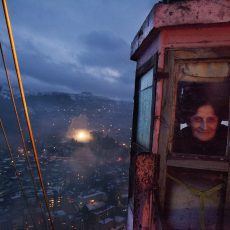 The Black Gold
The Black Gold 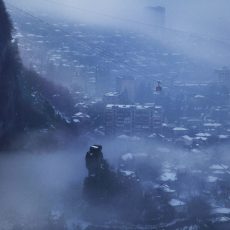 The Black Gold
The Black Gold 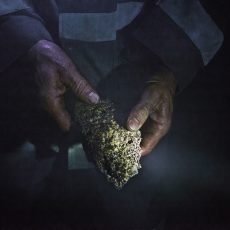 The Black Gold
The Black Gold  The Black Gold
The Black Gold 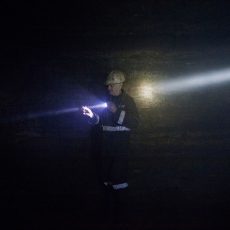 The Black Gold
The Black Gold  The Black Gold
The Black Gold 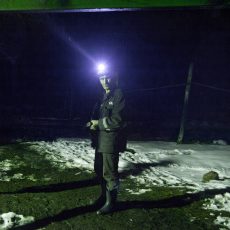 The Black Gold
The Black Gold  The Black Gold
The Black Gold 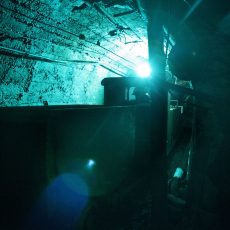 The Black Gold
The Black Gold  The Black Gold
The Black Gold  The Black Gold
The Black Gold  The Black Gold
The Black Gold 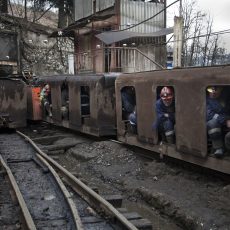 The Black Gold
The Black Gold 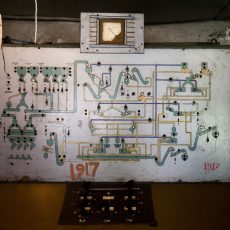 The Black Gold
The Black Gold 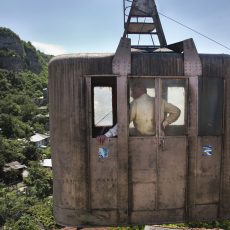 The Black Gold
The Black Gold 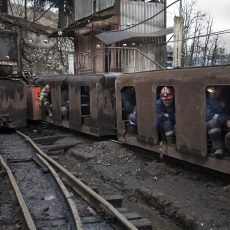 The Black Gold
The Black Gold 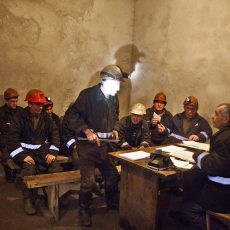 The Black Gold
The Black Gold  The Black Gold
The Black Gold  The Black Gold
The Black Gold 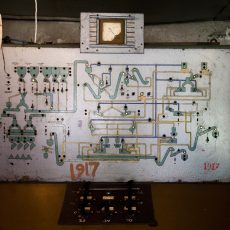 The Black Gold
The Black Gold 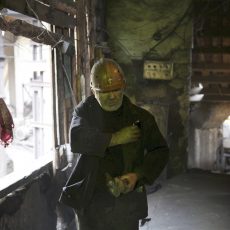 The Black Gold
The Black Gold 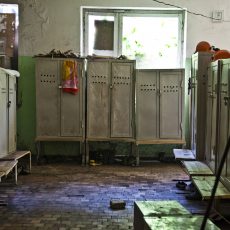 The Black Gold
The Black Gold 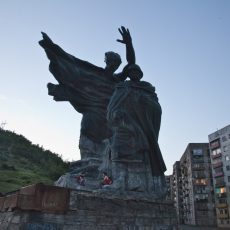 The Black Gold
The Black Gold 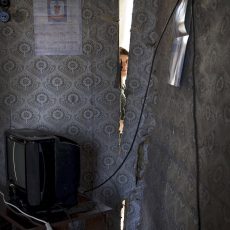 The Black Gold
The Black Gold 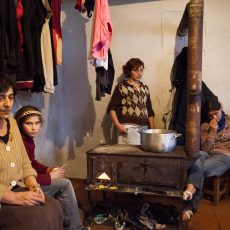 The Black Gold
The Black Gold 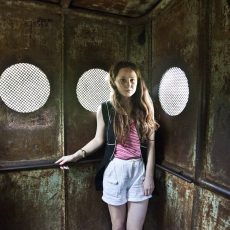 The Black Gold
The Black Gold 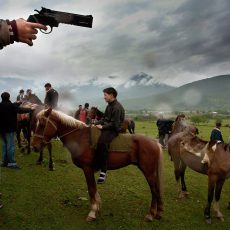 Terror Incognita
Terror Incognita 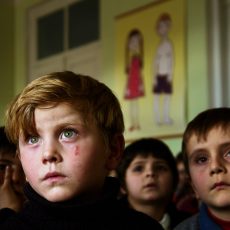 Terror Incognita
Terror Incognita 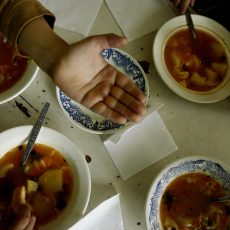 Terror Incognita
Terror Incognita 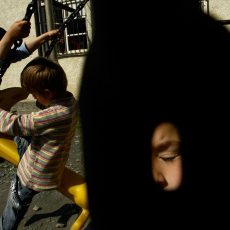 Terror Incognita
Terror Incognita 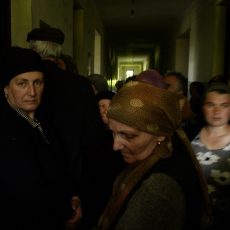 Terror Incognita
Terror Incognita 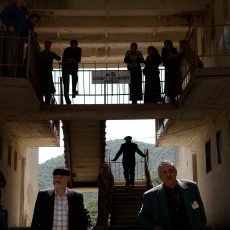 Terror Incognita
Terror Incognita 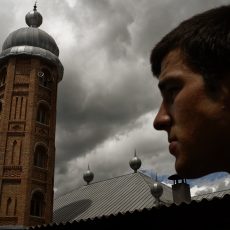 Terror Incognita
Terror Incognita 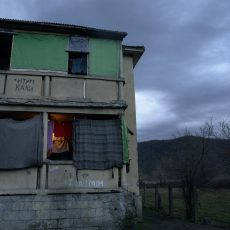 Terror Incognita
Terror Incognita 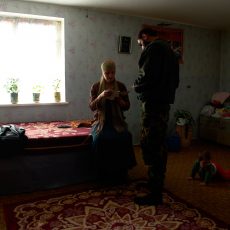 Terror Incognita
Terror Incognita 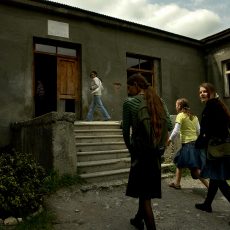 Terror Incognita
Terror Incognita 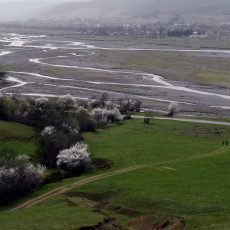 Terror Incognita
Terror Incognita 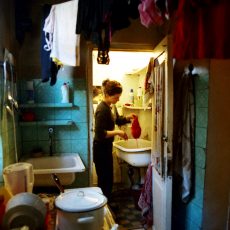 Felt Making, 2005
Felt Making, 2005 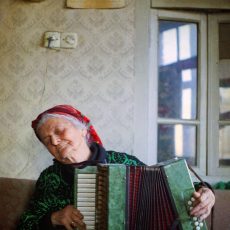 Memories from Tusheti, 2005
Memories from Tusheti, 2005 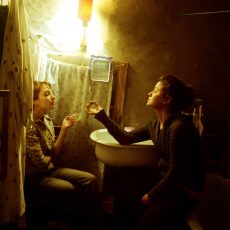 Childhood, 1999
Childhood, 1999 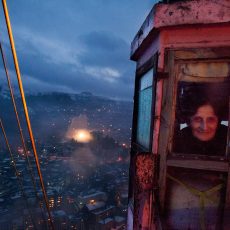 A City hung in air, 2015
A City hung in air, 2015 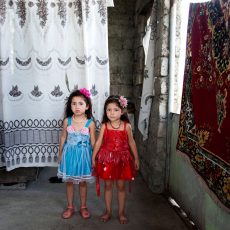 Sisters, 2014
Sisters, 2014 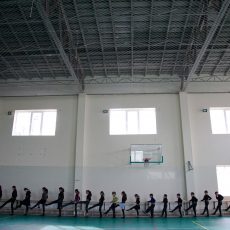 The practice, 2010
The practice, 2010 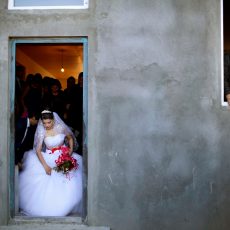 Young bride, 2014
Young bride, 2014 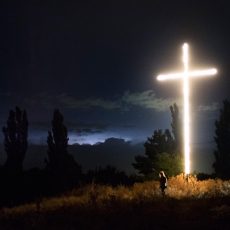 A girls with a cross, 2017
A girls with a cross, 2017 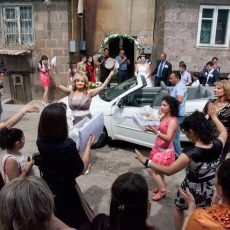 The wedding, 2013
The wedding, 2013 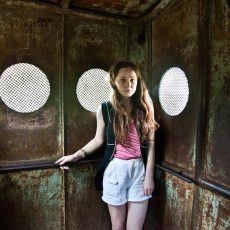 Mineworkers daughter, 2014
Mineworkers daughter, 2014 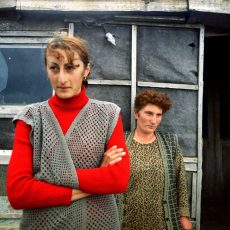 Portraits of two women, 2005
Portraits of two women, 2005 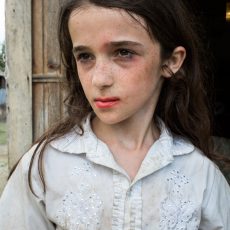 Portrait of Nino, 2017
Portrait of Nino, 2017 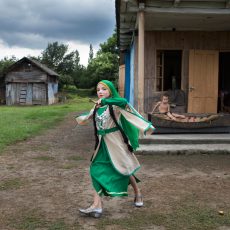 The dance, 2017
The dance, 2017 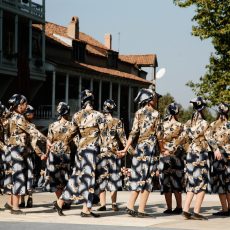 Patterns, 2009
Patterns, 2009 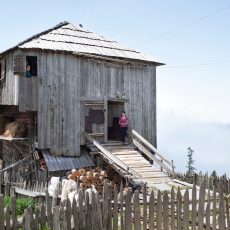 Adjarians, 2015
Adjarians, 2015 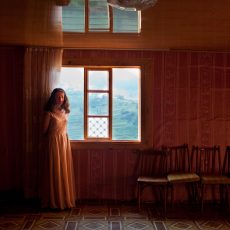 Reflection, 2015
Reflection, 2015 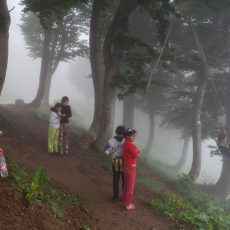 Fog, 2015
Fog, 2015 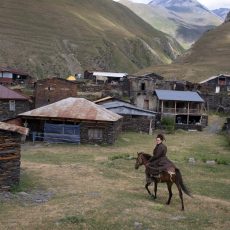 Village of Parsma, 2017
Village of Parsma, 2017  The Black Gold
The Black Gold The Black Gold
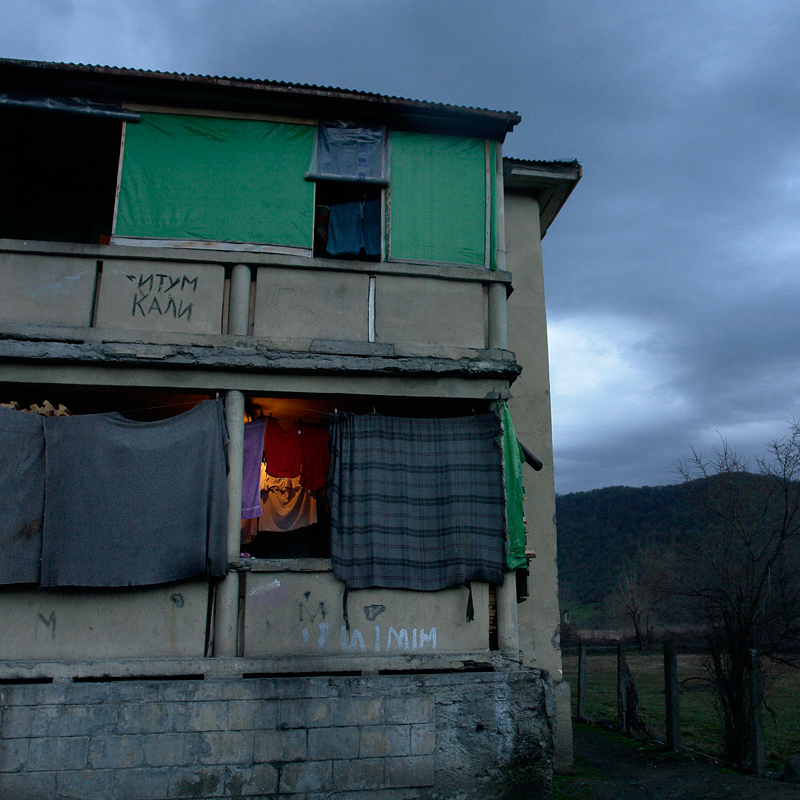 Terror Incognita
Terror Incognita Terror Incognita
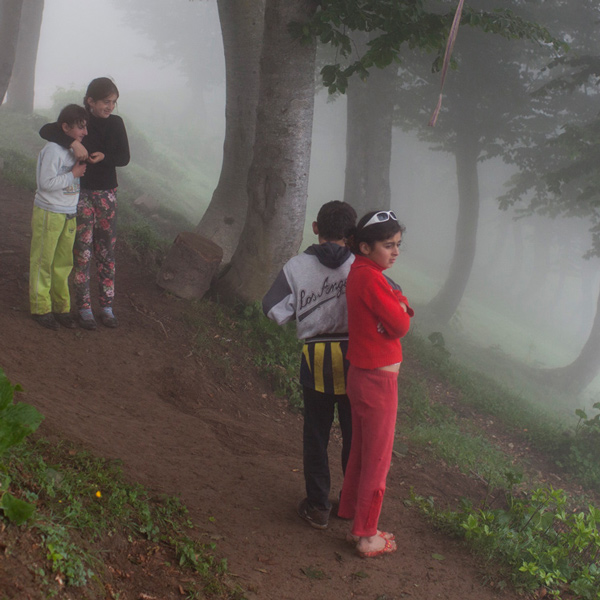 LECHAKI
LECHAKI LECHAKI
Lechaki is an old Georgian word and it means a silk veil. For centuries it’s been a symbol of peace and women’s role in family. It symbolizes virtuous and holiness of a woman. Selected from several projects, the works in the exhibition focus on a wide variety of women from Georgia. “House Divided” of 2018, portrays people in the Russian-occupied separatist regions between South Ossetia and Abkhazia, where the borders between Russia and Georgia are frequently encroaching on Georgian territory , causing the inhabitants to live in constant fear of losing their homeland. “Deprived of Adolescence,” 2015, testifies to the practice in rural Georgia of marrying off underage girls , following the footsteps of the family traditions—a practice that continues to this day, despite the fact that it’s illegal. “Double Aliens” from 2013 documents the region of Samtskhe Javakheti in southern Georgia, where Georgians and Armenians exist side by side but lead separate lives. They live in different villages, attend different schools, and speak different languages. “The Black Gold” story depicting the lives of mineworkers in Chiatura city, struggling to make a living, working in harsh conditions. In their intensity, Daro Sulakauri’s photographs can be compared to the images of well-known art photographers such as Jeff Wall and Gregory Crewdson, although they came about in an entirely different manner. While the Canadian and American photographers staged their works down to the last detail using cast actors and carefully arranged artificial light, in her photographs, Sulakauri shoots authentic people without spotlights. Paired with a high degree of artistic confidence, her empathic view derives from an interest in situations that go beyond mere documentation—as well as the fact that she grew up with artist parents. For Daro Sulakauri, people and their fates are always more important than the “perfect image.” Daro Sulakauri studied at the Tbilisi State University in the department of Cinematography and subsequently moved to New York, where she received her degree in Documentary Photography and Photojournalism from the International Center of Photography in 2006. She has received numerous prizes, including second place in the Magnum Foundation–Young Photographer in the Caucasus award in 2009, the EU Prize for Journalism in 2016; she won a Reuters Photojournalism Grant in 2018 and was Selected participant for the 2017 Joop Swart Masterclass. Her work can be seen in publications such as National Geographic, New York Times, Der Spiegel, Forbes, MSF, Bloomberg, among others.
Daro Sulakauri (b.1985) is a freelance Photojournalist and documentary photographer. After obtaining a degree from the department of cinematography at the Tbilisi State University, she moved to New York City, where graduated from ICP, School of International Centre of Photography, in Documentary Photojournalism program.
Upon completing her studies, she returned to the Pankisi Gorge in her native Georgia to document a hidden narrative of the Chechen conflict in an outpost of refugees who crossed to Georgia from Chechnya and have remained in relative isolation ever since. The project won second place of the Magnum Foundation’s Young Photographer in the Caucasus in 2009.
Daro has won a Lensculture award for her story on early marriages in mini series as well as EU prize for journalism. She was named one of PDN’s 30 New and Emerging Photographers to Watch in 2011. She received honorable mention for the PX3 2009 Competition at the Prix del la Photographie Paris, won the Best of 2008 SocialDocumentary.net award, received 1st place in the 2008 Women In Photography International competition, received the 2006 TPW Focus on Monferrato Scholarship and the 2006 John & Marie Phillips Scholarship. She is the member and founder of Error Images, photo agency of documentary photographers in Georgia.
As freelance photographer her work was published in National Geographic, Sunday Times, der Spiegel, Daily Telegraph, New York Times Lens, Saveur, The Economist, Bolshoi Gorod, Mother Jones, Bloomberg, Philosophy Magazine, Forbes Magazine.
Born: 1985 in Georgia
Education
2006 Graduated from ICP, School of International Center of Photography,in Documentary Photojournalism Program. New York City, U.S.A.
2008 Graduated from Department of the Cinematography of the Tbilisi State University.Director of Photography.Exhibitions
2017 Photographing The Female Exhibition, Mumbai, India.
2017 #Dysturb/Instagram Exhibition, “Where I Lay My Head, Melbourne, Australia. 2016 Photographing The Female Exhibition, Mumbai, India.
2016 Exhibition in Photoville Festival. New York, N.Y.
2015 Personal Exhibition “Double Aliens”. Riga, Latvia.
2015 Emerging exhibit at the Annenberg Space for Photography, L.A. U.S.A.
2013 Slideshow, Tbilisi Photo Festival. Georgia.
2012 Group Exhibition, Georgian Culture Gallery. Tbilisi, Georgia.
2011 PDN Emerging, Ring Cube Gallery. Tokyo, Japan.
2011 L.A.F. Project, NAPA Gallery. Prague. Czech Republic.
2010 Group Exhibition at Gallery TBC. Bank of Georgia, Tbilisi.
2010 “Kolga” Winner at Gallery Pilarmonia, Tbilisi, Georgia.
2008 Finalists exhibition for Photo week DC. Washington D.C. U.S.A.
2008 “Kolga” Winner at Gallery Karvasla, Tbilisi, Georgia.
2006 ICP, School of International Center of Photography Gallery. New York, U.S.A. 2006 ‘Circle of Arts’ at the Jan Hus Presbyterian Church. New York City, U.S.A.
2005 Group Exhibition at Café “Raindi”. Tbilisi, Georgia.
2004 Group Exhibition at Goethe University Gallery. Tbilisi, Georgia.2003 Group Exhibition at Gallery Hobby. Tbilisi, Georgia.
2002 Photo Competition “Kolga” group Exhibition at the N Gallery, Tbilisi, Georgia. 2003 Photojournalism Contest at the State Public Library, Tbilisi, Georgia.
2000, 2001 Sepia Studio Gallery. Tbilisi, GeorgiaAwards
2017 World Press Photo, Joop Swart Masterclass Participant 2016 ‘21 Great Female Photographers from LensCulture 2016 Winner of EU Prize for Journalism in Best Photo.
2016 Getty Images Instagram Gran Honoree2015 Winner in LensCulture Visual Storytelling Awards in mini-series
2015 Finalist in 7th Julia Margaret Cameron Awards in Documentary and Editorial Category 2015 8th Annual Color Awards Nominee
2015 Winner of Human Right House (HRH) for Best Portrait, LONDON.
2014 Selected 30 UNDER 30 / WOMEN PHOTOGRAPHERS
2013 Magnum Foundation Emergency Photographers Fund Shortlist
2013 Vienna Photo Festival Winners list
2013 Second Place for Best Picture , SCI (Civil Society Institute) Photojournalist who work on social themes.
2013 Winner of the Other Hundred.
2012 Winner of Open Society Documentary Photography Project Grant. OSI
2011 PDN’s 30 emerging photographers to watch.
2011 Photolucida, Critical Mass Top 50
2011 Winner for Best Story , SCI (Civil Society Institute) Photojournalist who work on social themes.
2010 Honorable Mention in 5th Annual Black & White Spider Awards. U.S.A.
2009 2nd Place in Young Photographer in the Caucasus Award — Magnum Foundation. Magnum Photos.
2009 Winner Selected, American Photography 25
2009 Winner of Photo Competition “Kolga”. Tbilisi, Georgia.
2009 Honorable Mention. PX3
2008 Best of 2008 SocialDocumentary.net
2008 1st PLACE winner, Women In Photography International.
2008 Winner for Studio 414 Photo Contest. U.S.A.
2008 Finalist & Honorable Mention for PhotoWeek DC Photo Contest. Washington D.C. 2007 Second Prize for Street Photography Competition. British Council. Tbilisi, Georgia. 2007 Winner of Photo Competition “Kolga”. Tbilisi, Georgia
2006 TPW Focus on Monferrato Scholarship. Monferrato, Italy.
2003 Certificate of recognition for Photojournalism, IREX, Media Innovations Program. Tbilisi, Georgia.
2006 Winner of the Nikon Campus Monthly Challenge student photography contest. N.Y. U.S.A. 2006 John & Marie Phillips Scholarship. New York City, U.S.A.
2006 ICP Director’s Fund Scholarship. New York City, U.S.A
2005 Winner of the British Council Photo Contest.“Road”. Tbilisi, Georgia.Books
2016 Life on Instagram | Penguin Random house UK 2016 124,908 |
3-ply Publication
2013 The Other Hundred, Oneworld Publications 2013 Photography in Georgia | Pilots2010 Black & White Photography, No. 2
2009 American Photography
25-JL Publishing2009-2015 “Kolga” Georgian Photography 2006 SHIFT- ICP Press —2006
2004 Javakheti | Bakur Publishing HousePublications
National Geographic, New York Times Lens, Der Spiegel, Forbes Magazine, Mother Jones, MSF (Doctors Without Border), etc.
Recent online Publications for National Geographic
www.nationalgeographic.com/photography/proof/2017/06/Black-gold-gallery
www.nationalgeographic.com/photography/proof/2016/12/georgia-child-marriage
Tags: Daro Sulakauri


